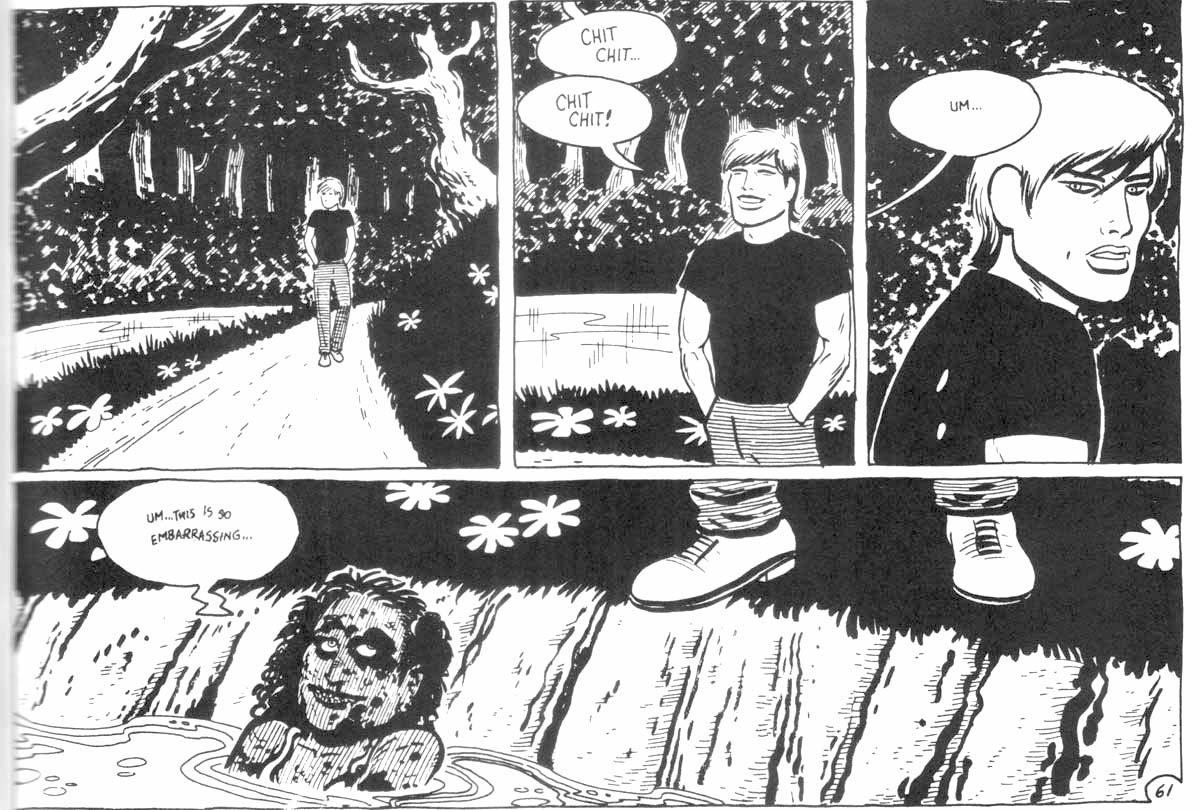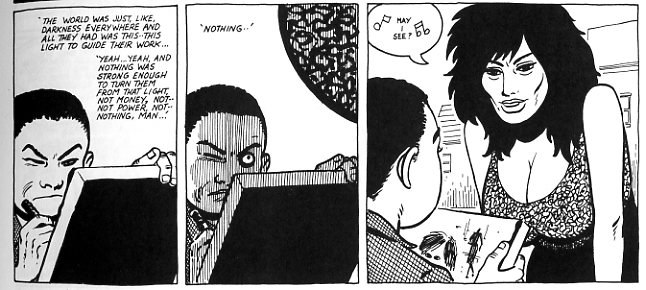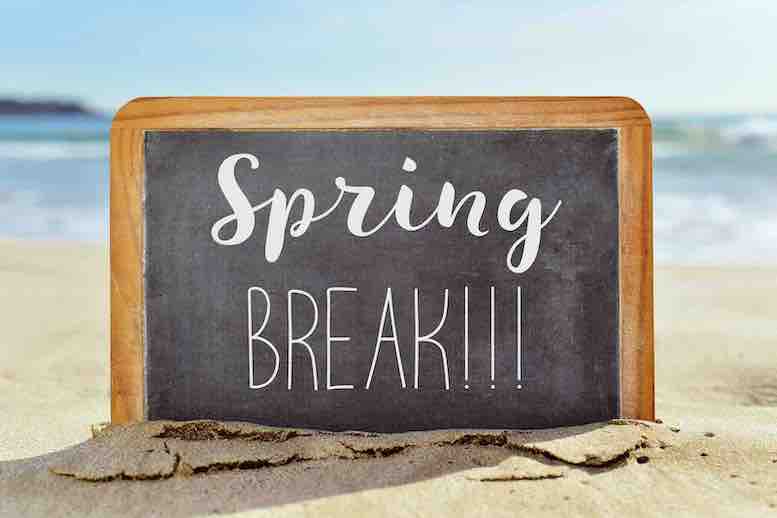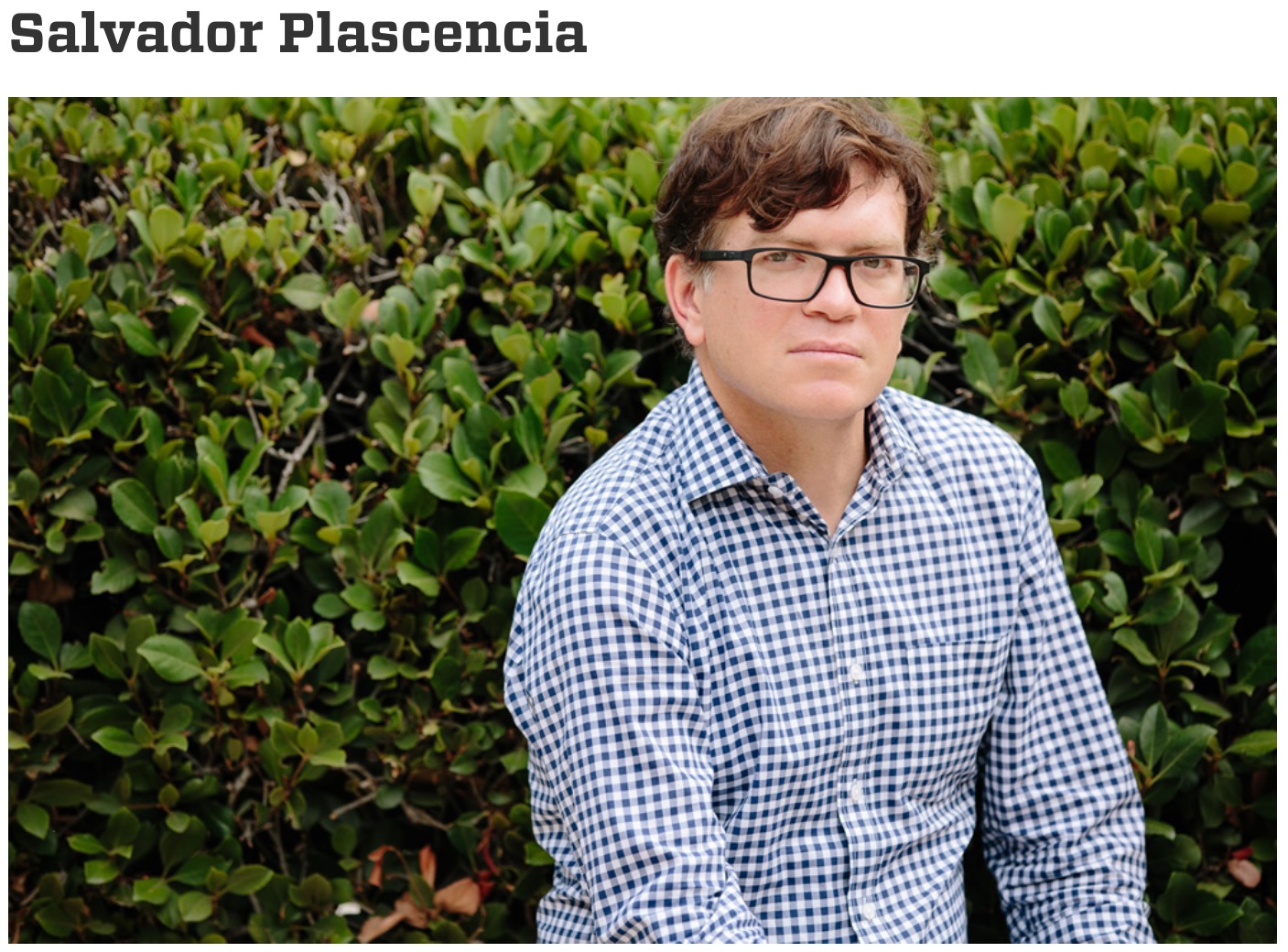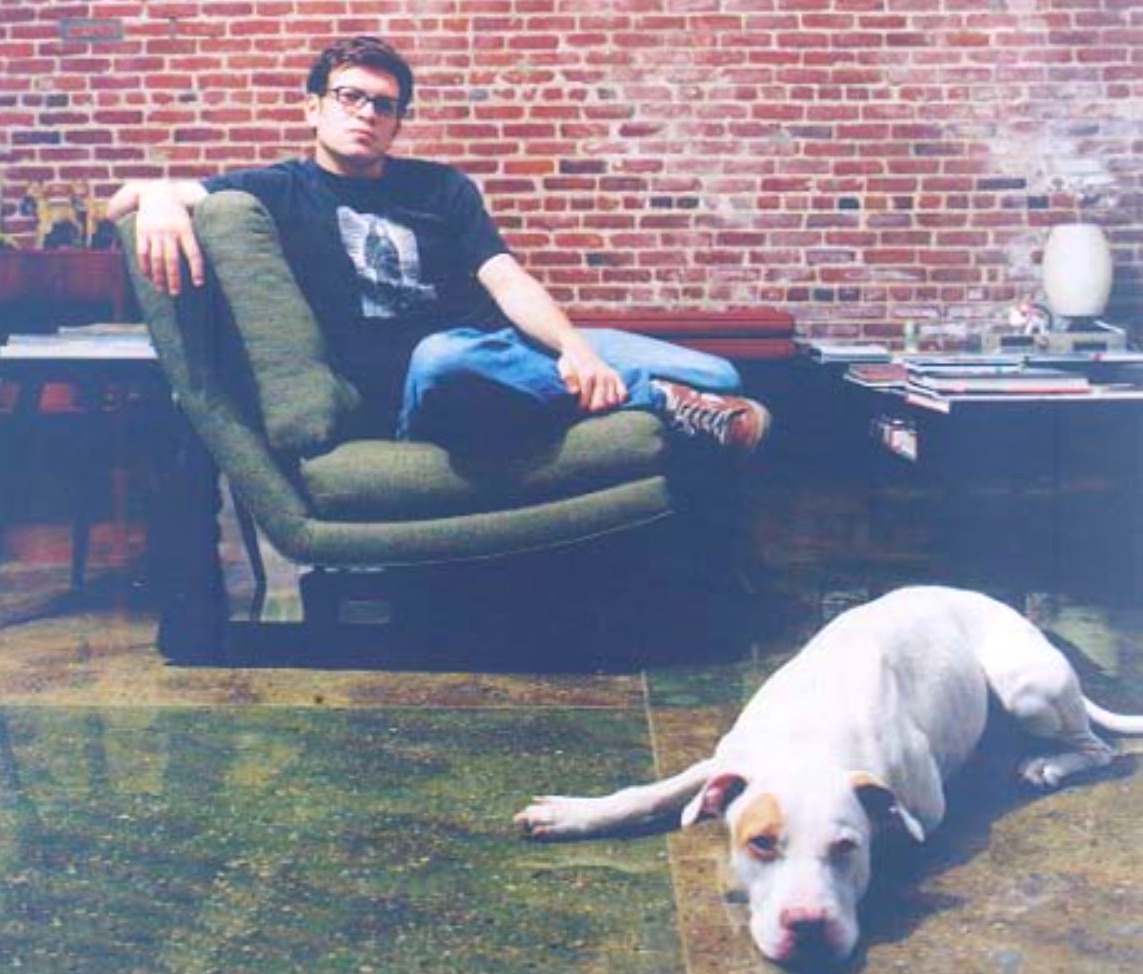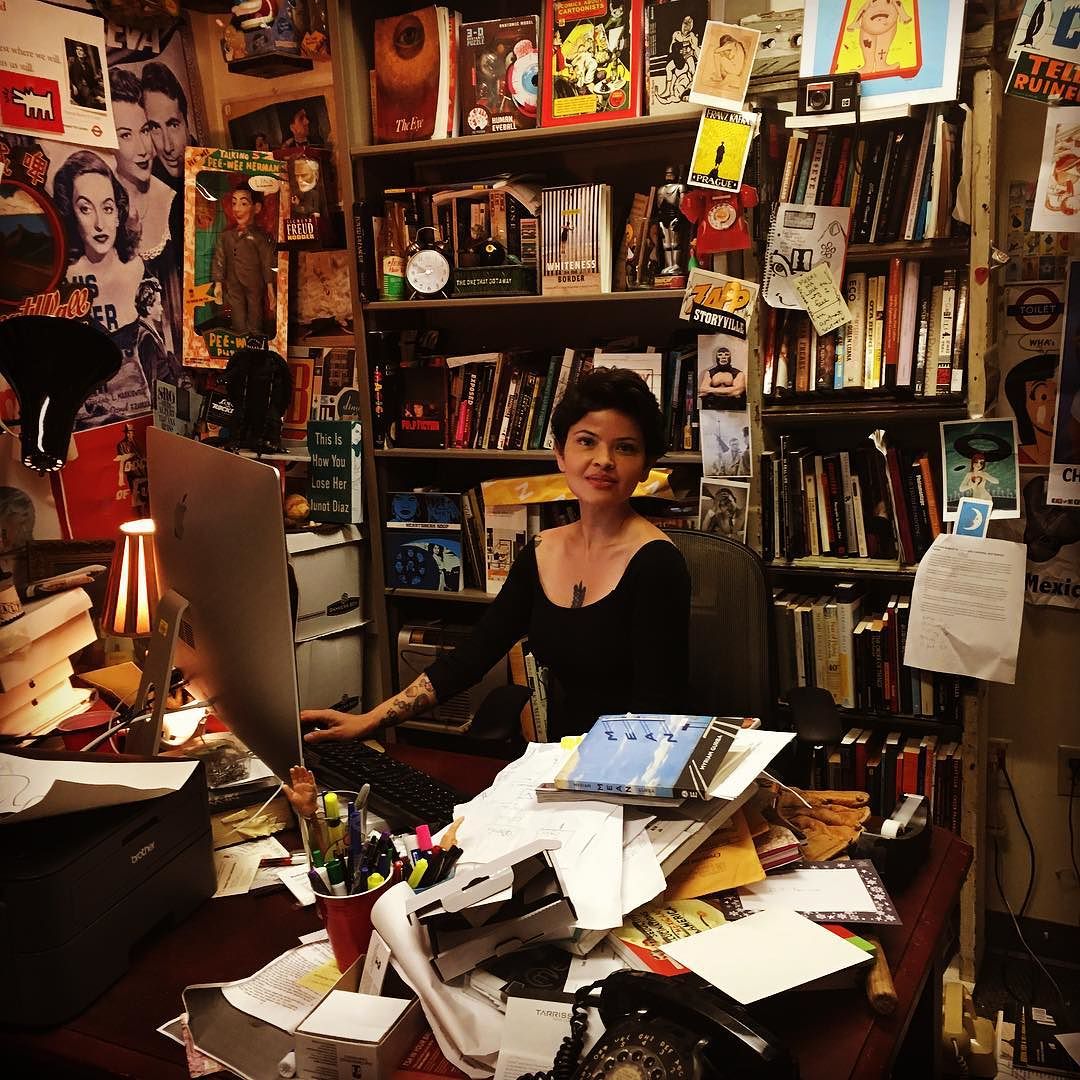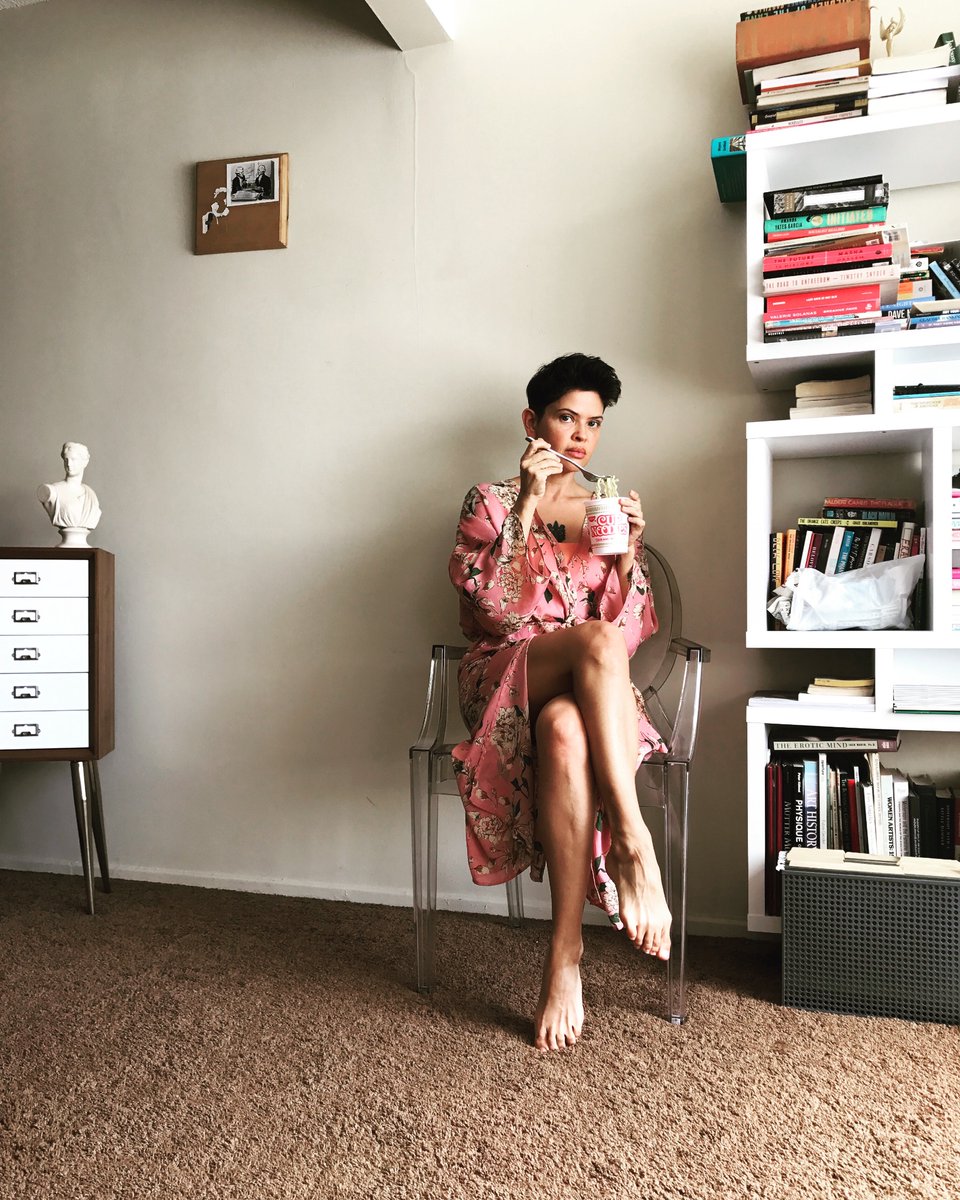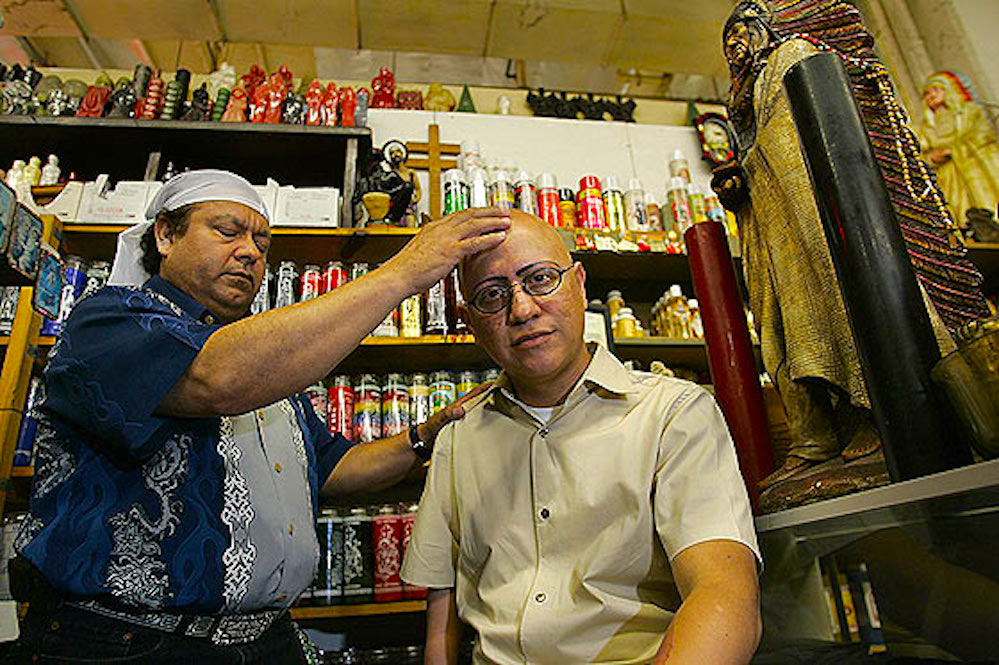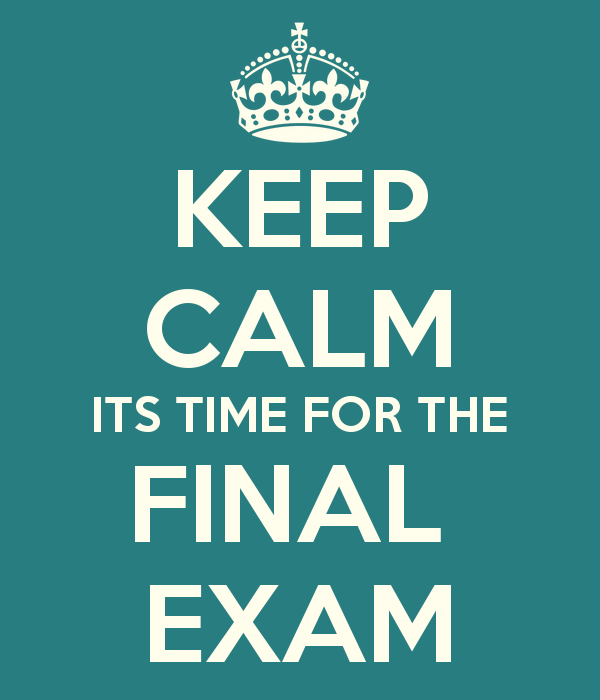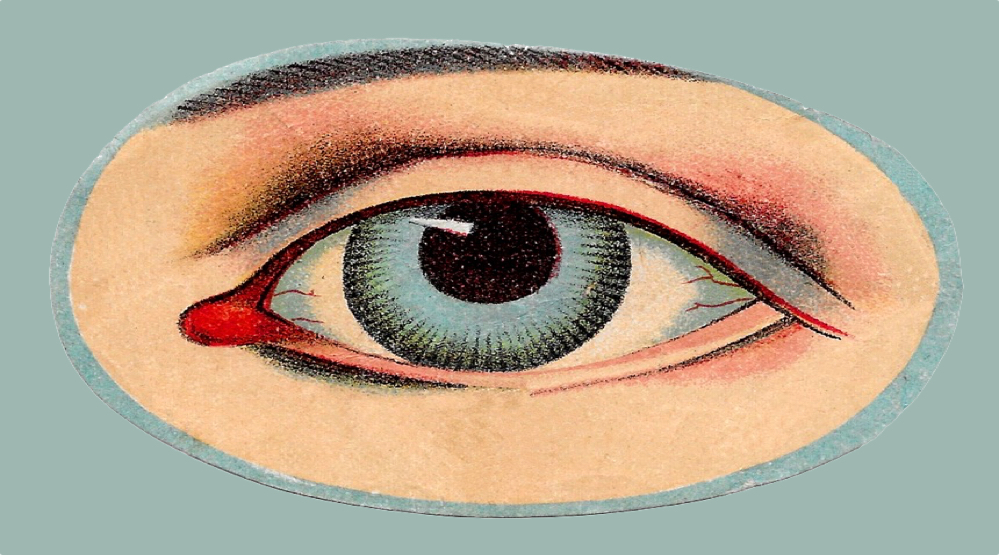
Parábolas ópticas| Optical Parables Latin
American and Latinx Lit, Art, Photography & Cinema
Lecture
(face to face!)
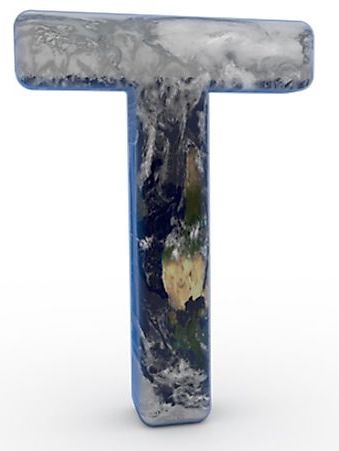 his is a Comparative Literature
course for CompLit /
English majors or minors, (or just about any other
folks who are curious about the literatures and
cultures of the Americas working their magic both
north and south of the U.S./Mexico border). It is
also a MALAS and a Latin American
Studies course -- more on that to come! his is a Comparative Literature
course for CompLit /
English majors or minors, (or just about any other
folks who are curious about the literatures and
cultures of the Americas working their magic both
north and south of the U.S./Mexico border). It is
also a MALAS and a Latin American
Studies course -- more on that to come!
This dialectic
between the deeply intellectual and the comedic
will run through our class as we probe texts that
are literary, photographic, painted, filmed,
streaming, and more.
Required
Books
The best
place to get books is where they are cheapest;
some of the books have special deals
associated with them if you get them through
Aztec Shops Campus Bookstore--their book
portal is here.
PLEASE NO DIGITAL BOOKS--all students must bring their delicious literary jewels made of paper, ink, and glue to our imagination laboratory / classroom for class discussion! Also--note that the book links provided below are included to ensure you pick up the correct edition of the required books, NOT to make Jeff Bezos more money at Amazon. All the correct editions are available from Aztec Shops Bookstore--and do note that many of the books at the Aztec Shops store have the best price anywhere thru special deals we have arranged! Are used books ok? Of course they are--but beware the notes and scrawls you find in these discarded receptacles of knowledge (not to mention the sneeze remnants lurking within their pages!!! Click each cover below to see the proper edition of all the books we are studying together this semester! Should you buy print editions or digital editions? What about pirated pdfs? You are welcome to pursue what you see fit, but, despite the expense, nothing beats working with the best, printed edition of the book. Should you rent or buy? That is up to you! But remember, your bookshelf is like a mirror of the journey of your psyche -- a snapshot of the evolution of your imaginations: an empty bookshelf = an erased intellectual legacy/heritage.
Required Cinema (Screened in Class) |
||||||||||||||||||||||||||||||||||||||||||||||||||||||||||||||||||||||||||||||||||||
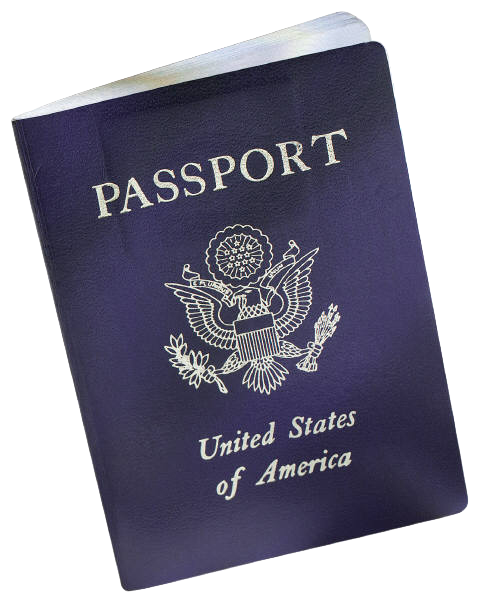 PASSPORT PASSPORTCompLit 594 | MALAS 600A | LATAM 580 A Description of How Your Work Will Be Evaluated This section of your subterranean syllabus documents how your work will be evaluated this Spring 2022 semester. Here you will find all the bureaucratic gates, cages, and locks -- all the meager statutes, ordinances, edicts, and formulas -- that will allow our zoom-based (thx Covid_19!) American Literature-focused literary collective to thrive. Let me underscore that you have absolute intellectual freedom in our seminar, BUT to receive these awesome rights, you must also follow the reasonable responsibilities outlined on this page. After all, we want to have a great time, be the best literature/film studies class on the West Coast even (take that USC! Eat my dust Stanford!) But to do that, we need room for intellectual play--a safe subterranean asylum that will allow us to complete our semester-long project.  PASSPORT RULE 1 PASSPORT RULE 1BOOKS_BOOKS_BOOKS BUY THE BOOKS AND READ THEM--DON'T LOG ONTO ZOOM WITHOUT HAVING READ YOUR BOOK! Though we very much adore living in the 21st century, I am asking you to use ANALOG, printed, old school, old gangster paper books in this class. Of course, if you prefer kindle, noom, etc, there is nothing I can do about it. My main concern is that when I do a page call-out during lecture, you will not know where in the book I am doing a close reading. Why is that important? Because I want YOU to be in a critical position to question my close readings or to augment and adjust them with your own interpretations and suggestions. So the way it works is that when you log-onto Zoom for our synchronous class sessions, you will have completed the reading that appears on your the day-to-day class calendar! Please note the word "finished" (not "started," not "skimmed," not "glanced," and most decidedly NOT "but I read the Cliffs/Sparks Notes!) Coming to a university literature / film / cultural studies class without doing the reading is like a gardener trying to raise roses without getting her/his hands filthy, a surgeon trying to operate without a scalpel, a fireman without an axe ... Do the readings. Do them twice if you can MAKE the time! The quality of our class depends upon your dedicated work and your relentless and independent curiosity. Without your periodic intellectual donations, the class is likely to evolve into a boring, even painful waste of time.  PASSPORT RULE 2
Charlie-Delta_Thief: PASSPORT RULE 2
Charlie-Delta_Thief:PLAGIARISM is for cads, thieves, and idiots who desire an "F" for the class. Plagiarism comes from the Latin word, "plagiarius" which means kidnapper, plunderer, or (get this!) thief--not a GOOD thing. In the university, plagiarism refers to the art and crime of presenting other people's work under your own signature, aka cutting and pasting copied crap from Wikipedia--definitely a BAD thing. While your professor is forbidden by CSU/SDSU code from tattooing the word LOSER on the foreheads of guilty students, he can promise that felonious students will be remanded to the state-authorized SDSU executioners. Read THIS as well--SDSU is SERIOUS about this shit, so don't take any chances! Rely on your own mind and your own precious imagination! PASSPORT
RULE 3 PUT
Have you
noticed how anytime a student uses a laptop in an
auditorium there is a "cone of distraction"
alongside and behind the student using a computer? This is
usually due to said student surfing the web via
wi-fi perusing erotic delights or god knows what. I was
recently at a cool (ok, it was slightly boring, I
confess) lecture by a noted writer--as I tried to
listen to her, in front of me, a diverted student
(attending the lecture, no doubt, for extra-credit)
was perusing sites like these
(nsfw or school). So, laptops are GREAT for
entering your notes AFTER class, but they will not
be allowed in our lecture hall. If
you have an issue with this, schedule a meeting
with me during office hours to chat the first
week of class.
Major Course Requirements GRADING INFORMATION
You will be asked to write ONE 8-10 page essay (also know as THE OPTICAL PARABLES IMAGINATION CHALLENGE) during the course of the term. Please note that you will never be compelled to write about something you absolutely hate. Though I will provide you with a list of prompts, please feel free to see me at any time over the course of the semester during office hours to pitch/brainstorm essay ideas. FINAL EXAMINATION 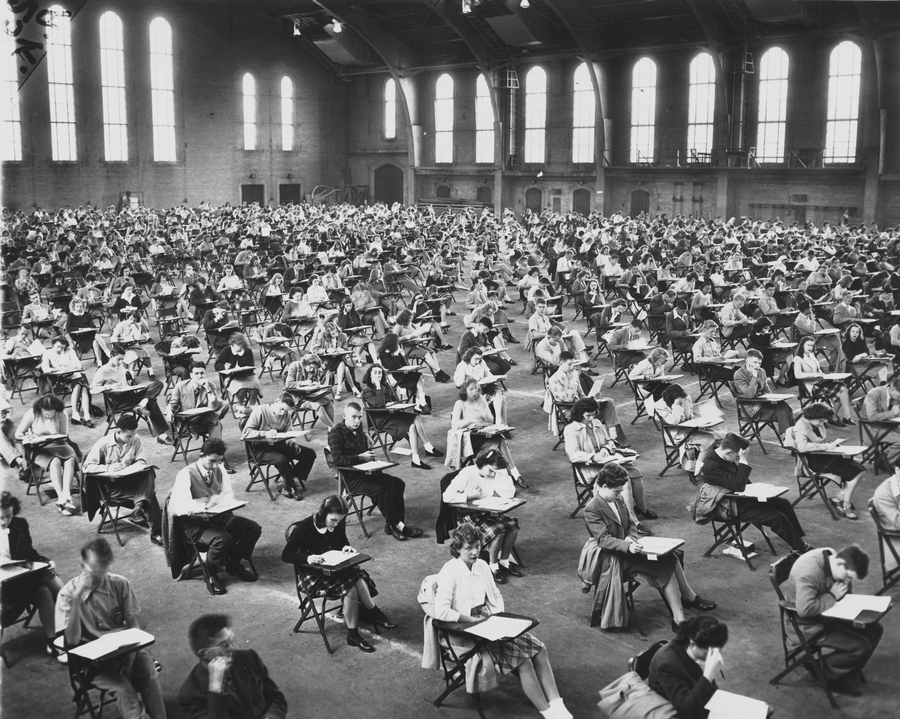 There will be an Imagination Challenge In-Class Festival (aka, the FINAL EXAM) on the last regularly scheduled day of class: Thursday, May 5, 2022 at our regular class time of 11am. Your final is absolutely comprehensive; it assumes you have read all the books and screened all the movies that are part of our required work. If you do the work, the final is a breeze--even "fun" if you can believe it. QUIZZES & ATTENDANCE During the semester, you can expect several In-class Panic-Inducing Challenges otherwise known as CHECK-YOU-DID-THE-READING QUIZZES. You can expect these miserable quizzes from time to time, the number of quizzes depending on how many of you are nostalgic for high school. In other words, if everyone acts like a talented university student, we will enjoy FEW if any quizzes during our semester. Coming to class for each seminar session is NOT optional--the whole point of this class is to work together, the idea being that we creatively and magically convert our classroom into a chaotic, unpredictable, and exciting intellectual laboratory. Missing class, you miss, as well, the whole point of the adventure. So please bypass no more than three classes during the semester--you are responsible for any work/notes you miss when you are absent. If you miss MORE than three classes during the term and your grade will decay in an ugly way. EXAMPLES: your hard-earned A- will morph into a B-; your "gentleman's C" will appear on the webportal as a "D. Ditching this class too often will be as fun as a case of flesh-eating virus. Do you receive any second chances in this class on the off chance you miss a quiz, blow an assignment, or generally screwup altogether? Luckily, your eccentric Professor is a recovering Catholic and believes in the wonders of absolution--from time to time we will have out-of-class cineTREK© assignments, aka EXTRA-CREDIT OPPORTUNITIES; these can be used to atone for an extra-absence, a missed quiz, or some other class-impacting catastrophe you may experience during the term. DIGITAL/VIRTUAL CONTRIBUTIONS  We will have a Tumblr class
page here: We will have a Tumblr class
page here:https://opticalparables.tumblr.com This is a great place for folks who are shy about talking during class to post materials that connect to our class discussions! OFFICE HOURS 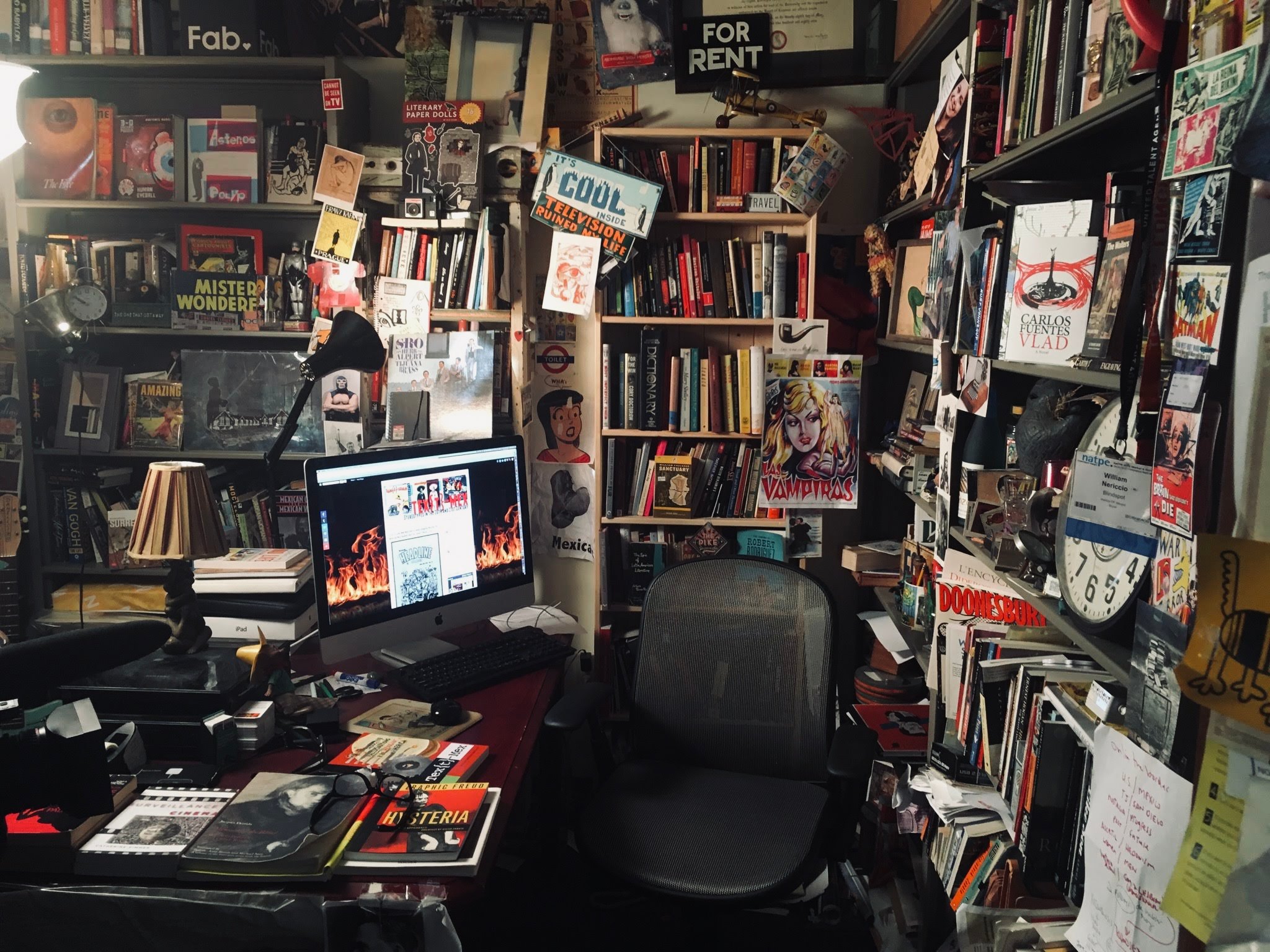 Why visit me during 'office hours'? Why not? If only to experience the madness of my working studio space! You are warmly invited to visit me in office hours at least once during the semester if you can. At SDSU, it's easy to fall through the cracks, to feel that you are nothing but a Red ID# or some warm pile of sentient flesh filling a seat. In order to convince you that the Professor teaching you is occasionally human, please make a point during the semester to take the time to introduce yourself in person. My office hours will be on Tuesdays after class from 11 to 1 in AL 273 (if I am not there, look for me in the SDSU Press office, AL 283). If these hours are inconvenient, do not hesitate to email me for an appointment either at memo@sdsu.edu or bnericci@mail.sdsu.edu You can also call me at 619.594.1524 either to schedule an appointment or discuss your questions via telephone, but keep in mind I don't check my answering machine very often! |
||||||||||||||||||||||||||||||||||||||||||||||||||||||||||||||||||||||||||||||||||||
 Day to Day Calendario Our menu of assignments for the semester--walk into class having completed the assignment listed for that date! |
||||||||||||||||||||||||||||||||||||||||||||||||||||||||||||||||||||||||||||||||||||
|
||||||||||||||||||||||||||||||||||||||||||||||||||||||||||||||||||||||||||||||||||||
THE FINE
PRINT
https://sdsuedu.sharepoint.com/sites/stratcomm/SitePages/Provost/academic-operations-spring-2022.aspx Students with medical conditions that would present a COVID-related risk in a face-to-face instructional setting should contact the Student Ability Success Center (https://sdsu.edu/sasc) to begin the process of getting support. Students who do not adhere to the Covid19 Student Policies or the directives of their faculty will be directed to leave the classroom and will be referred to the Center for Student Rights and Responsibilities. Do not come to campus if you do not feel well. Remain home and monitor your symptoms and seek medical attention as needed. 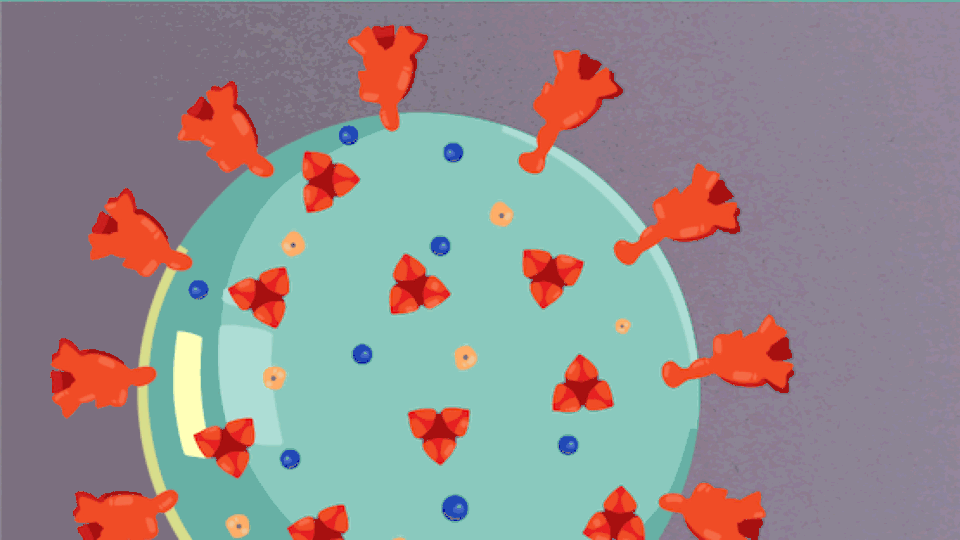 UPDATED
January 2022 UPDATED
January 2022 SDSU REQUIRES BOOSTERS FOR STUDENTS, EMPLOYEES The California State University system announced on Dec. 22, 2021 that all students, faculty and staff in the system will be required to have a COVID-19 booster on file to access campus facilities and programs in spring 2022. The new requirement will take effect immediately upon implementation of the policy; however, represented employees will not be subject to the booster requirement until the CSU concludes its meet-and-confer process with its labor unions.The requirement is effective at SDSU on Jan. 18, 2022, and students and employees will be required to have the COVID-19 booster on file with the university via HealtheConnect. Students, faculty and staff are encouraged to their health care provider or locate booster availability online. Course materials: See ABOVE! Course Design, Major Assignments, and Assessments: See Above Course Schedule: See above Grading Policies: See PASSPORT, above! Student Learning Outcomes
Communication Students are provided with an SDSU Gmail account, and this SDSU email address will be used for all communications. University Senate policy notes that students are responsible for checking their official university email once per day during the academic term. For more information, please see Student Official Email Address Use Policy here. My preferred gender pronouns are he, him, his. Class rosters are provided to the instructor with the student's legal name. I will gladly honor your request to address you by an alternate name and/or gender pronoun. Please advise me of this early in the semester so that I may make appropriate changes to my records. Technology Since Gutenberg, printed books are one of the most remarkable inventions in the history of man—we will make great use of this invention. ● University policy instructs students to contact their professor/instructor/coach in the event they need to miss class due to an illness, injury, or emergency. All decisions about the impact of an absence, as well as any arrangements for making up work, rest with the instructors. ● If a student misses class because of COVID-19, either because they have been diagnosed and are quarantined or are required to isolate and would like to request a class excuse letter, the student should send an email to vpsafrontdesk@sdsu.edu to notify the university. Student Affairs and Campus Diversity will initiate the process for absent letters to be sent to course instructors, Assistant Deans, and the Provost. Medical documentation may be required prior to the letter being issued. ● Student Health Services (SHS) does not provide medical excuses for short-term absences due to illness or injury. When a medical-related absence persists beyond five days, SHS will work with students to provide appropriate documentation. ● When a student is hospitalized or has a serious, ongoing illness or injury, SHS will, at the student's request and with the student’s consent, communicate with the student’s instructors via the Vice President for Student Affairs and Campus Diversity and may communicate with the student’s Assistant Dean and/or the Student Ability Success Center. Finding Help on Campus Need help finding an advisor, tutor, counselor, or require emergency economic assistance? The SDSU Student Success Help Desk is here for you. Student assistants are available via Zoom Monday through Friday, 9:00 AM to 4:30 PM to help you find the office or service that can best assist with your particular questions or concerns. ● CAL Student Success Center: https://cal.sdsu.edu/student-resources/student-success ● College of Education Student Success Center: https://education.sdsu.edu/oss ● Center for Student Success in Engineering: https://csse.sdsu.edu/ ● CoS Student Success Center: https://cossuccess.sdsu.edu/ ● FSB Student Success Center: https://business.sdsu.edu/undergrad/advising ● HHS Advisors: https://chhs.sdsu.edu/student-resources/advising/ ● IVC Student Success and Retention: https://ivcampus.sdsu.edu/student_affairs/retention ● PSFA Advisors: https://psfa.sdsu.edu/resources/student_advisors Academic Honesty The University adheres to a strict policy prohibiting cheating and plagiarism. Examples of academic dishonesty include but are not limited to: ● Copying, in part or in whole, from another's test or other examination; ● Obtaining copies of a test, an examination, or other course material without the permission of the instructor; ● Collaborating with another or others in coursework without the permission of the instructor; ● Falsifying records, laboratory work, or other course data; ● Submitting work previously presented in another course, if contrary to the policies of the course; ● Altering or interfering with grading procedures; ● Assisting another student in any of the above; ● Using sources verbatim or paraphrasing without giving proper attribution (this can include phrases, sentences, paragraphs and/or pages of work); ● Copying and pasting work from an online or offline source directly and calling it one's own; ● Using information found from an online or offline source without giving the author credit; ● Replacing words or phrases from another source and inserting one's own words or phrases. Unauthorized recording or dissemination of virtual course instruction or materials by students, especially with the intent to disrupt normal university operations or facilitate academic dishonesty, is a violation of the Student Conduct Code. This includes posting of exam problems or questions to on-line platforms. Violators may be subject to discipline. The California State University system requires instructors to report all instances of academic misconduct to the Center for Student Rights and Responsibilities. Academic dishonesty will result in disciplinary review by the University and may lead to probation, suspension, or expulsion. Instructors may also, at their discretion, penalize student grades on any assignment or assessment discovered to have been produced in an academically dishonest manner. Classroom Conduct Standards SDSU students are expected to abide by the terms of the Student Conduct Code in classrooms and other instructional settings. Violation of these standards will result in referral to appropriate campus authorities. Prohibited conduct includes: ● Willful, material, and substantial disruption or obstruction of a University-related activity, or any on-campus activity. ● Participating in an activity that substantially and materially disrupts the normal operations of the University or infringes on the rights of members of the University community. ● Unauthorized recording, dissemination, or publication (including on websites or social media) of lectures or other course materials. ● Conduct that threatens or endangers the health or safety of any person within or related to the University community, including:
Accommodations SDSU via the Student Ability Success Center (SASC) provides accommodations for students with documented disabilities or medical conditions covered under the Americans with Disabilities Act (ADA). In keeping with current public health guidance, I cannot provide arrangements to students without an ADA-qualified disability or medical condition. If you are a student with a disability and are in need of accommodations for this class, please contact the Student Ability Success Center at sascinfo@sdsu.edu (or go to sdsu.edu/sasc) as soon as possible. Please know accommodations are not retroactive, and I cannot provide accommodations based upon disability until I have received an accommodation letter from the Student Ability Success Center. SASC registration and accommodation approvals may take up to 10-14 business days, so please plan accordingly. Student Privacy and Intellectual Property The Family Educational Rights and Privacy Act (FERPA) mandates the protection of student information, including contact information, grades, and graded assignments. I will use tinyletter.com to communicate with you, and I will not post grades or leave graded assignments in public places. Students will be notified at the time of an assignment if copies of student work will be retained beyond the end of the semester or used as examples for future students or the wider public. Students maintain intellectual property rights to work products they create as part of this course unless they are formally notified otherwise. Religious Observances According to the University Policy File, students should notify instructors of planned absences for religious observances by the end of the second week of classes. Academic Support Services A complete list of all academic support services—including the Writing Center and Math Learning Center—is available on the Student Affairs’ Academic Success website. Counseling & Psychological Services (619-594-5220, sdsu.edu/cps) offers a range of psychological services for students. Emergency support is available after hours at the same phone number. The San Diego Access and Crisis Line can also be accessed 24 hours/day (1-888-724-7240). Sexual violence / TItle IX mandated reporting As an instructor, one of my responsibilities is to help create a safe learning environment on our campus. I am a mandated reporter in my role as an SDSU employee. It is my goal that you feel able to share information related to your life experiences in classroom discussions, in your written work, and in our one-on-one meetings. I will seek to keep the information you share private to the greatest extent possible. However, I am required to share information regarding sexual violence on SDSU’s campus with the Title IX coordinator, Gail Mendez (619-594-6464). She (or her designee) will contact you to let you know about accommodations and support services at SDSU and possibilities for holding accountable the person who harmed you. Know that you will not be forced to share information you do not wish to disclose and your level of involvement will be your choice. If you do not want the Title IX Officer notified, instead of disclosing this information to your instructor, you can speak confidentially with the following people on campus and in the community. They can connect you with support services and discuss options for pursuing a University or criminal investigation. Sexual Violence Victim Advocate (619-594-0210) or Counseling and Psychological Services (619-594-5220, psycserv@sdsu.edu). For more information regarding your university rights and options as a survivor of sexual misconduct or sexual violence, please visit titleix.sdsu.edu. SDSU Economic Crisis Response Team If you or a friend are experiencing food or housing insecurity, technology concerns, or any unforeseen financial crisis, it is easy to get help! Visit sdsu.edu/ecrt for more information or to submit a request for assistance. SDSU’s Economic Crisis Response Team (ECRT) aims to bridge the gap in resources for students experiencing immediate food, housing, or unforeseen financial crises that impact student success. Using a holistic approach to well-being, ECRT supports students through crisis by leveraging a campus-wide collaboration that utilizes on- and off-campus partnerships and provides direct referrals based on each student’s unique circumstances. ECRT empowers students to identify and access long-term, sustainable solutions in an effort to successfully graduate from SDSU. Within 24 to 72 hours of submitting a referral, students are contacted by a member of ECRT and are quickly connected to the appropriate resources and services. For students who need assistance accessing technology for their classes, visit our ECRT website (sdsu.edu/ecrt) to be connected with the SDSU library's technology checkout program. The technology checkout program is available to both SDSU and Imperial Valley students. Land Acknowledgement We stand upon a land that carries the footsteps of millennia of Kumeyaay people. They are a people whose traditional lifeways intertwine with a worldview of earth and sky in a community of living beings. This land is part of a relationship that has nourished, healed, protected and embraced the Kumeyaay people to the present day. It is part of a world view founded in the harmony of the cycles of the sky and balance in the forces of life. For the Kumeyaay, red and black represent the balance of those forces that provide for harmony within our bodies as well as the world around us. As students, faculty, staff and alumni of San Diego State University we acknowledge this legacy from the Kumeyaay. We promote this balance in life as we pursue our goals of knowledge and understanding. We find inspiration in the Kumeyaay spirit to open our minds and hearts. It is the legacy of the red and black. It is the land of the Kumeyaay. 'eyay e’haan My heart is good. DIVERSITY AND INCLUSION There is one way all of us in our class are members of the same minority! We are in a university—and most folks in the USA don’t go to university, let alone finish it. So we are all, each and every one of us, an educated minority and we will work to take care of each other throughout the year as our semester unfolds! |
||||||||||||||||||||||||||||||||||||||||||||||||||||||||||||||||||||||||||||||||||||
|
Visitors to our Parable |
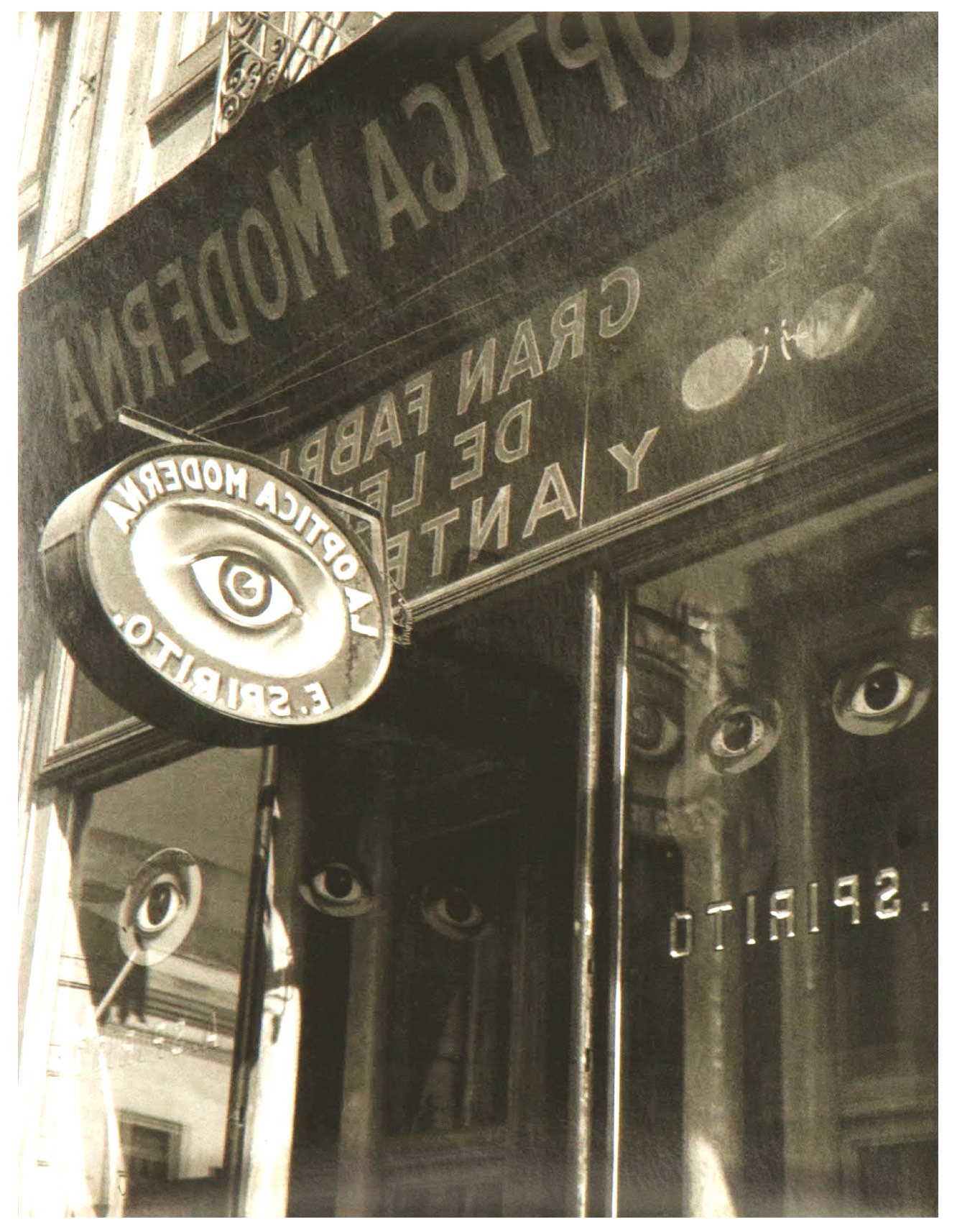
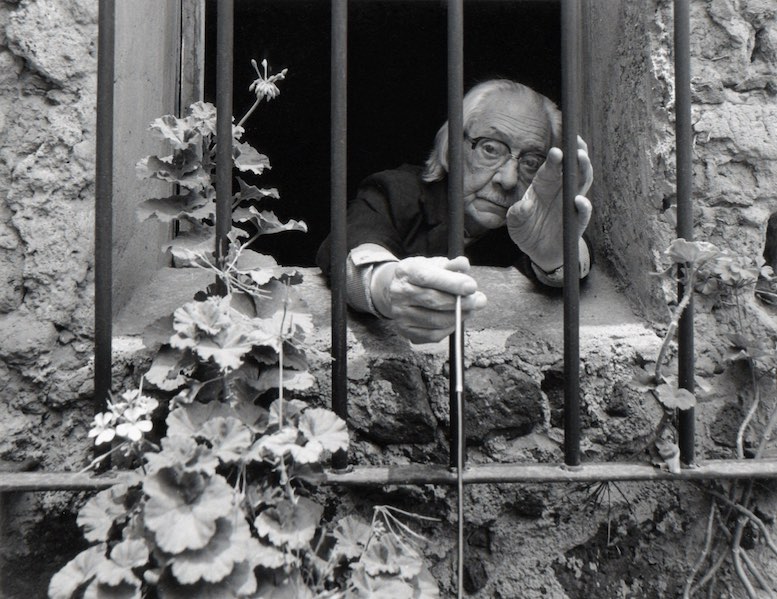
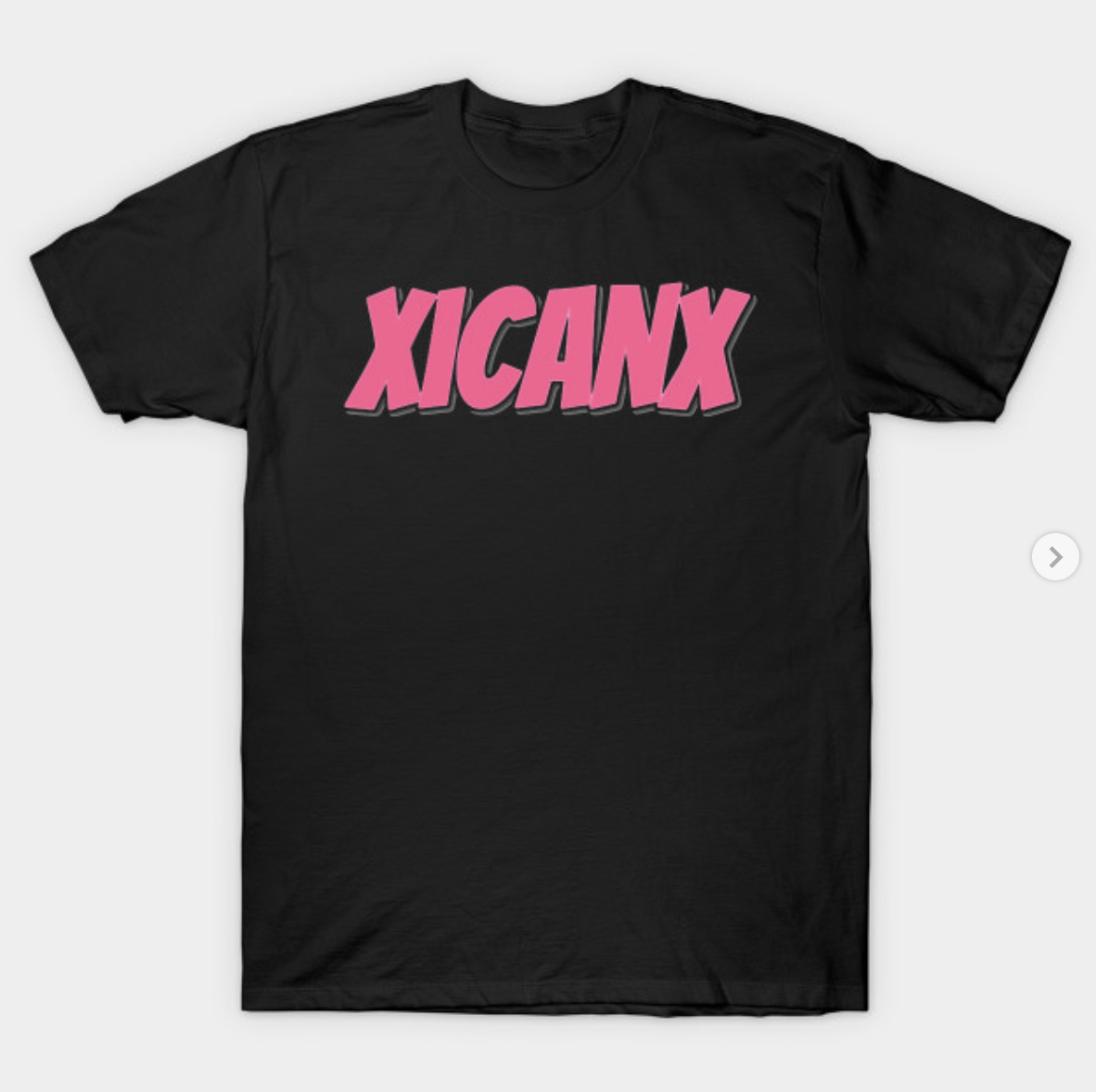
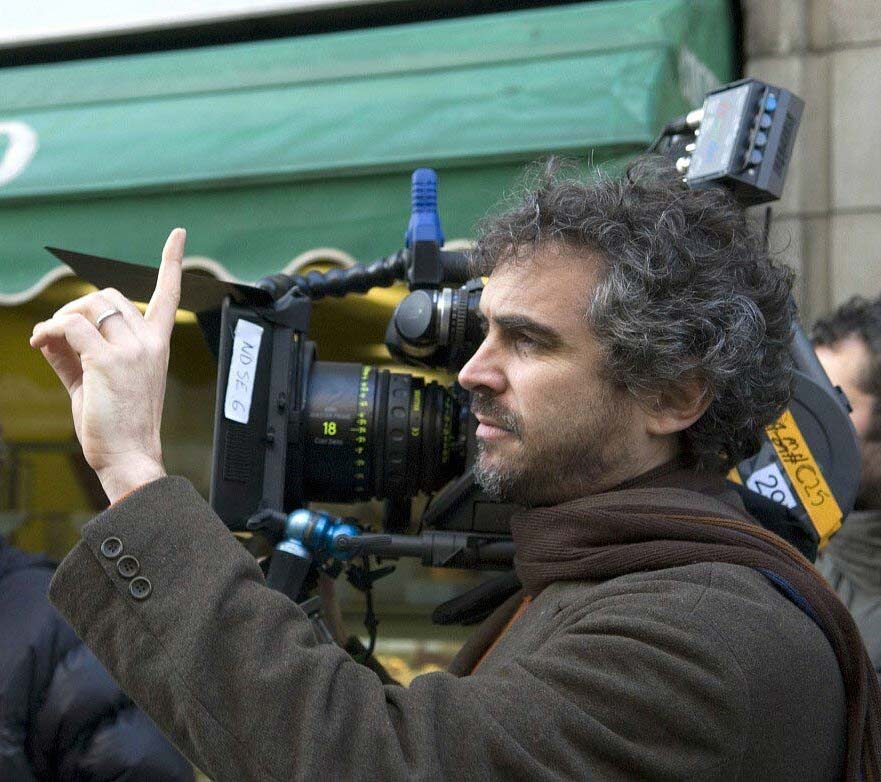
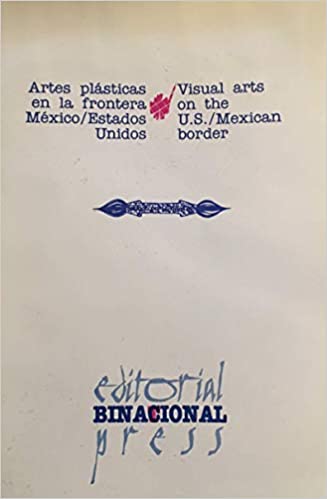
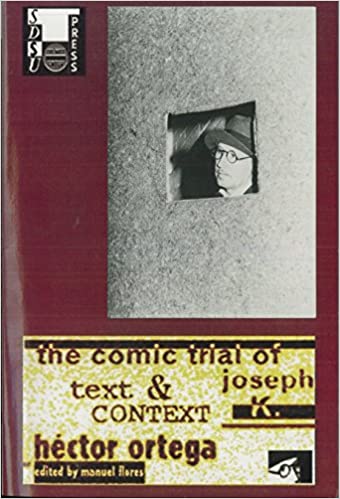
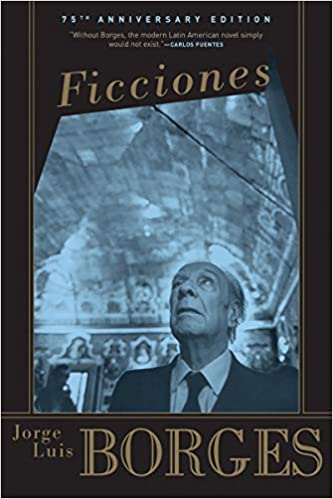
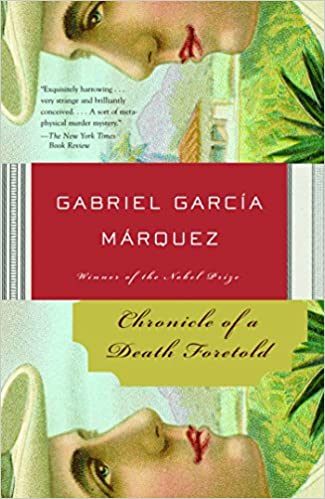
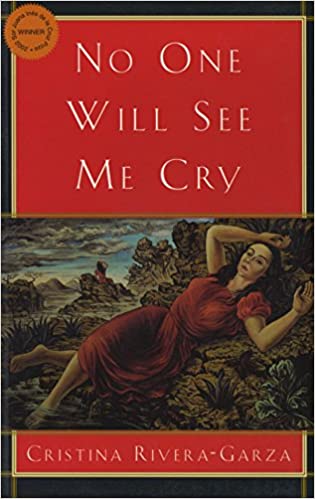

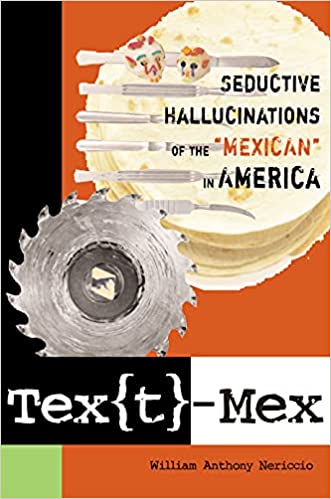
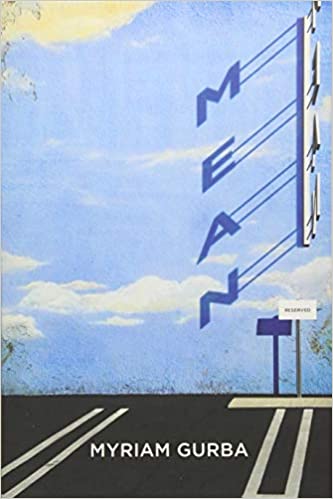

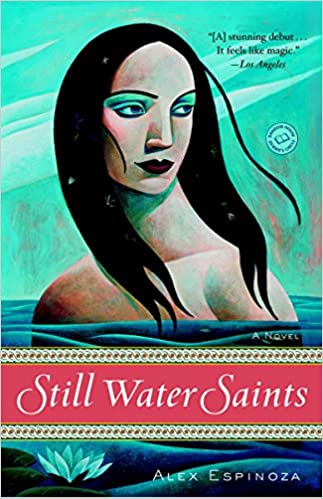
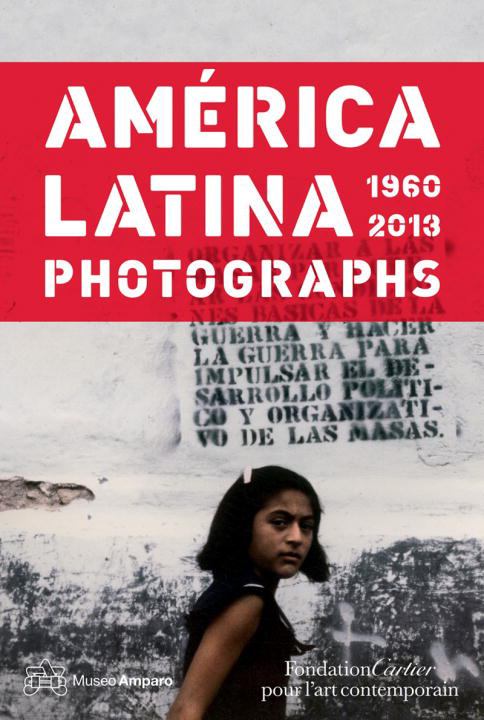
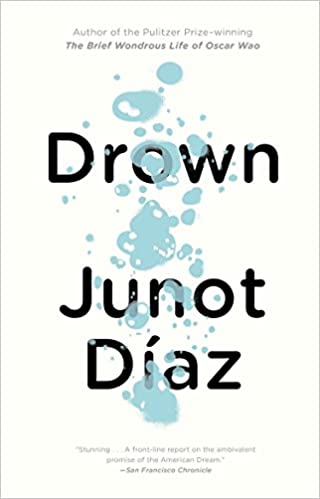
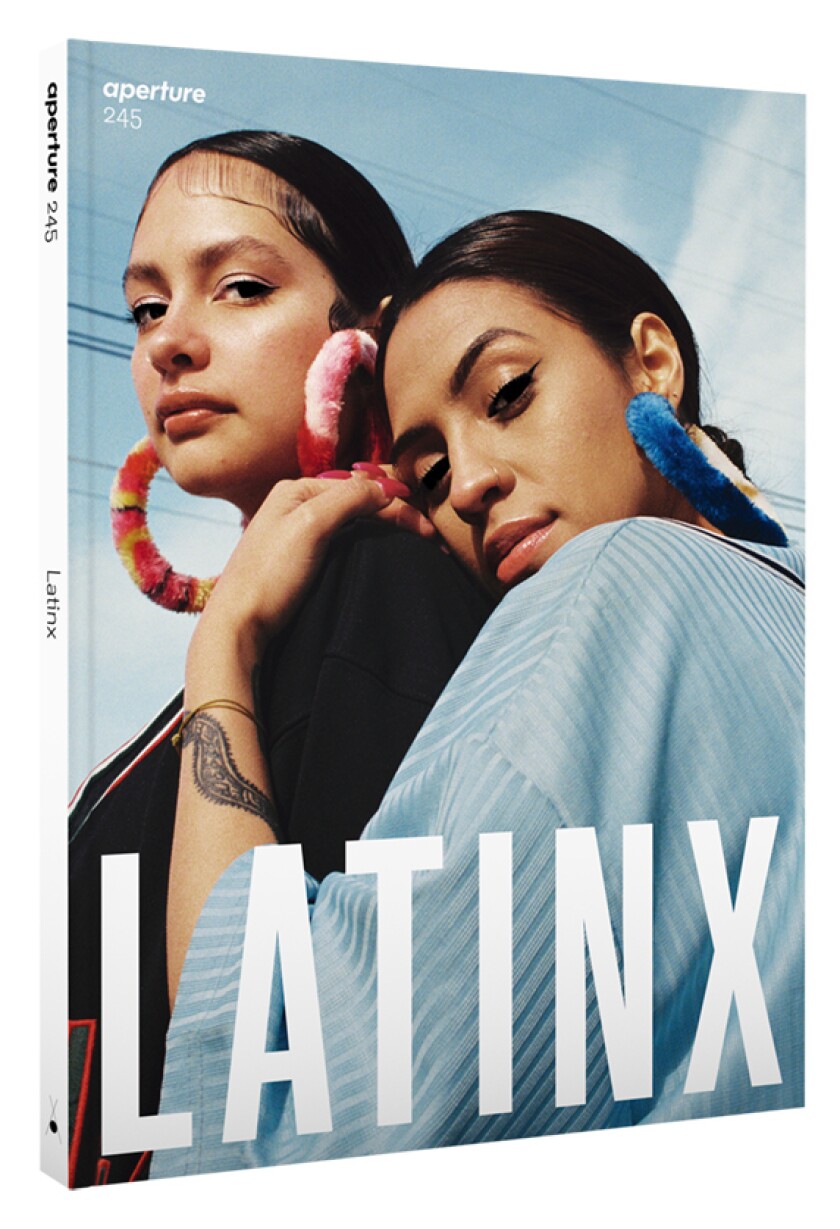
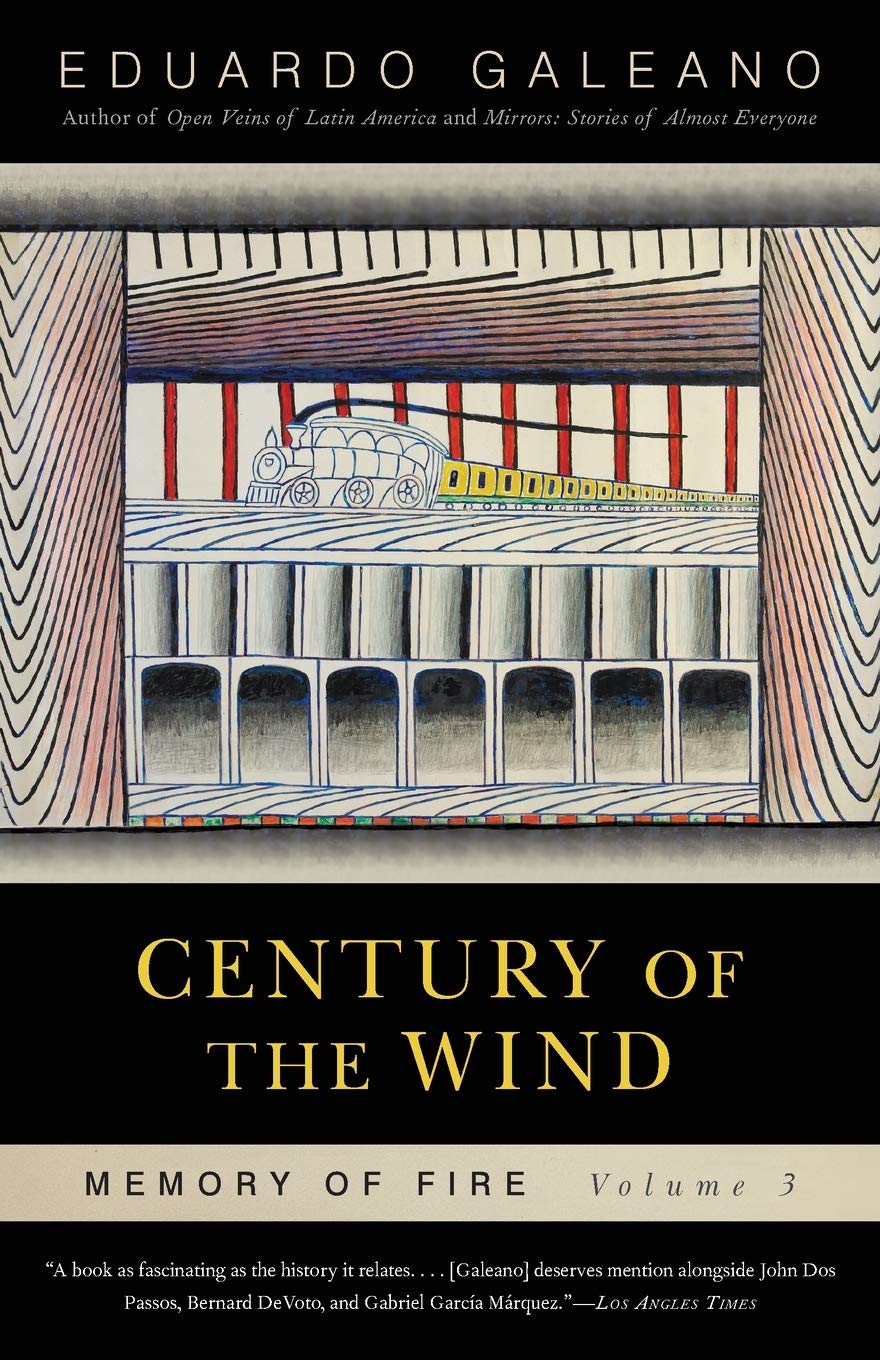
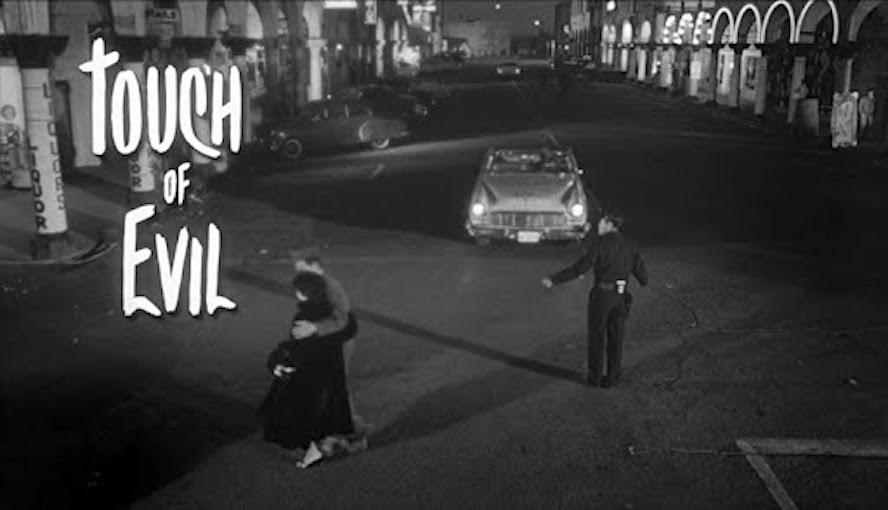
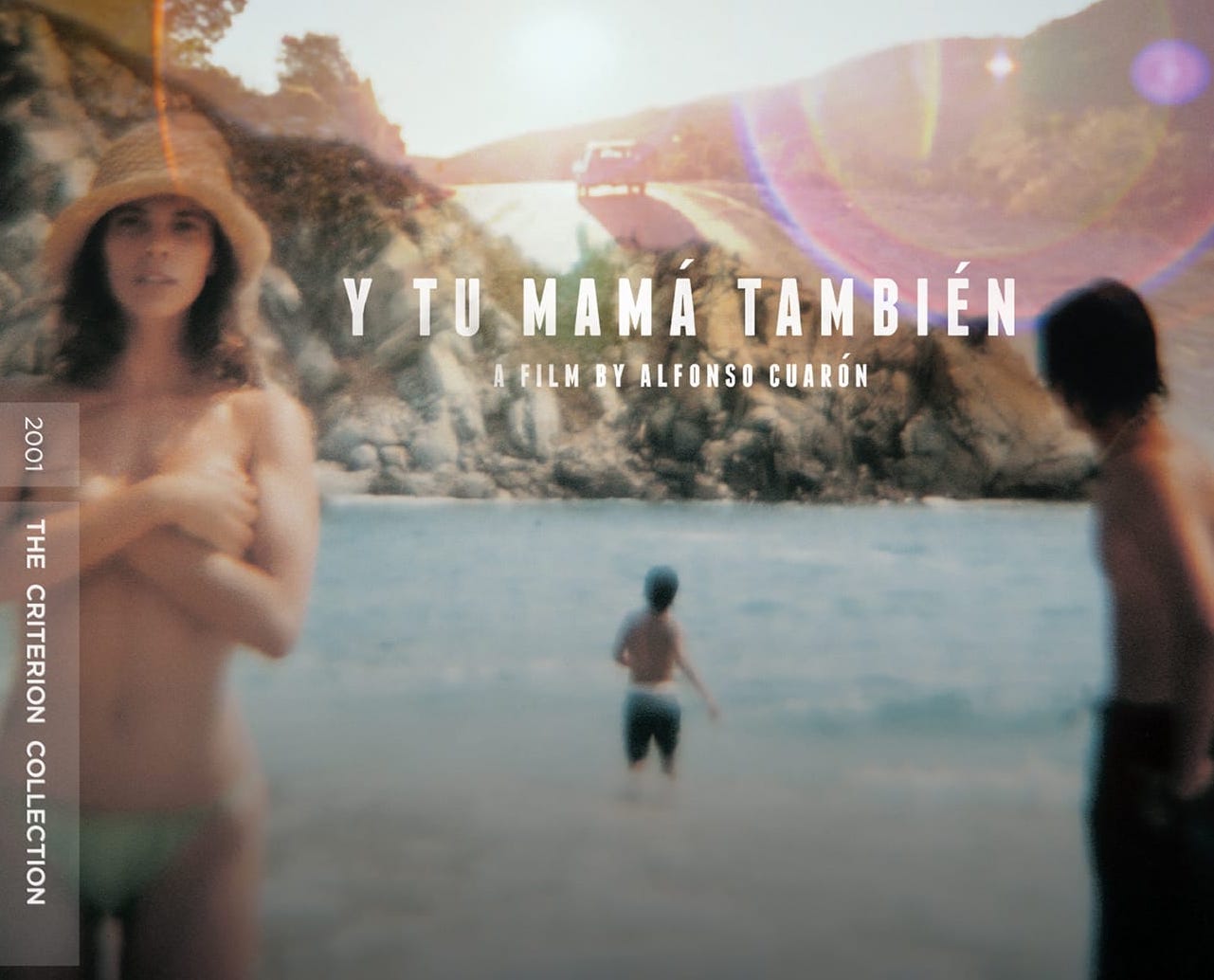
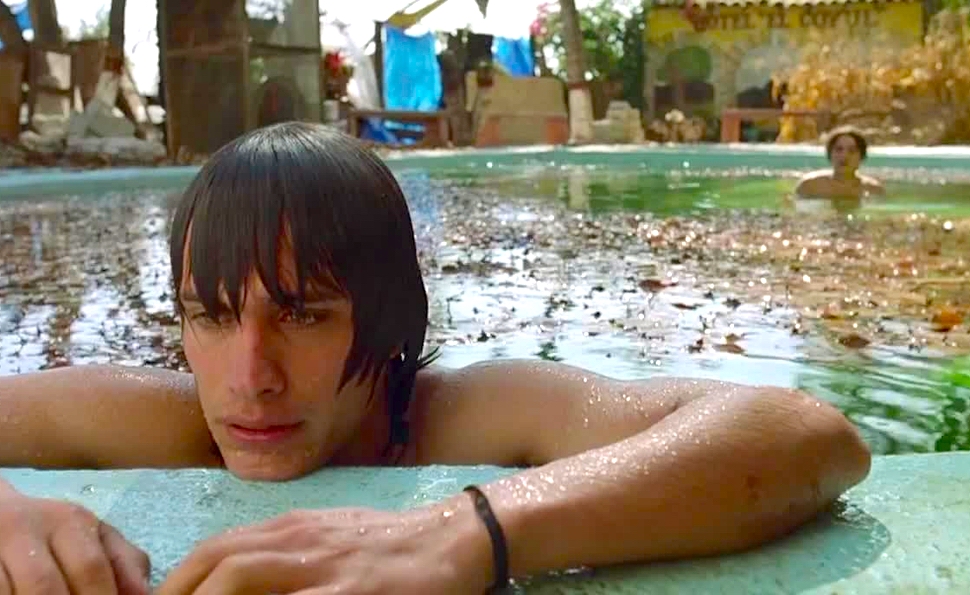
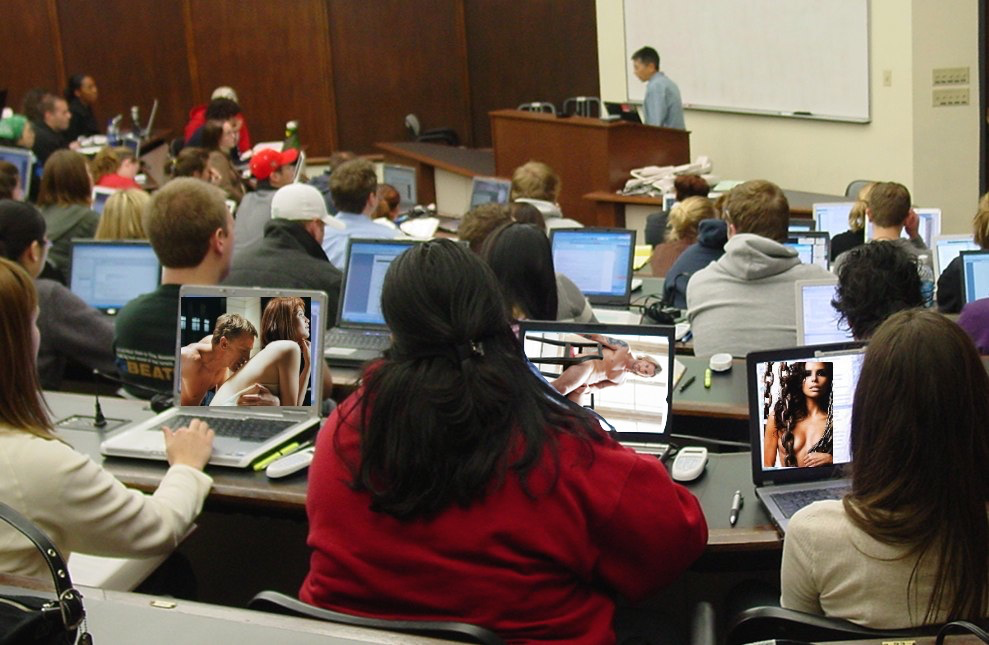

 Yes, the trauma of that delayed text,
yes, the horror of that missed hook-up call, yes,
the loss of the buzz of that random Tinder swipe
will no doubt doom you to years and years on an
psychoanalyst's couch, but we, the rest of us, will
gain some silence, a kind of sanctuary without which
ideas wither on the vine. We are NOT joking about
this unthinkable edict! Don't end up
like this former student from another class I taught
back in the day:
Yes, the trauma of that delayed text,
yes, the horror of that missed hook-up call, yes,
the loss of the buzz of that random Tinder swipe
will no doubt doom you to years and years on an
psychoanalyst's couch, but we, the rest of us, will
gain some silence, a kind of sanctuary without which
ideas wither on the vine. We are NOT joking about
this unthinkable edict! Don't end up
like this former student from another class I taught
back in the day: 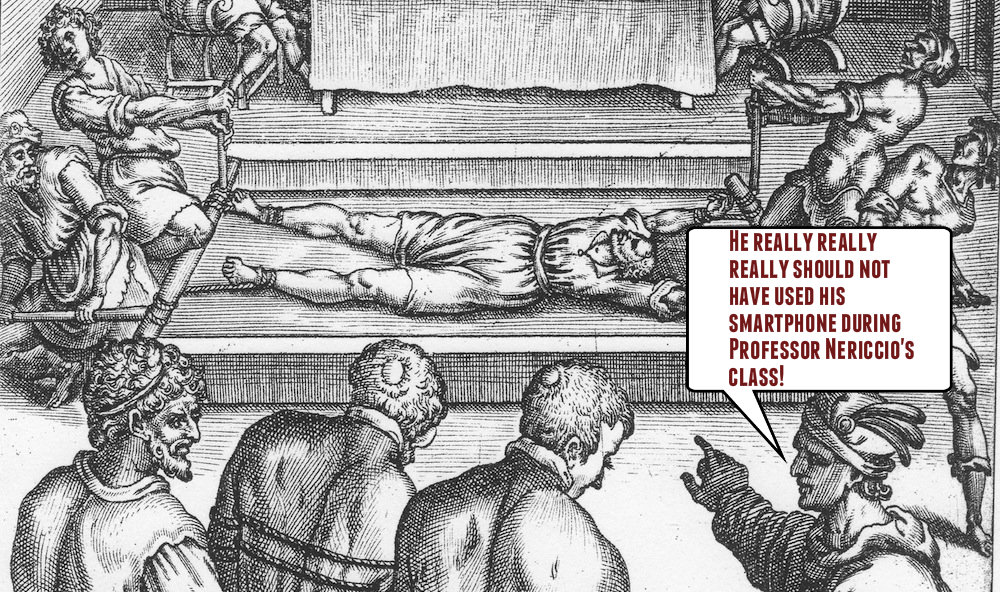
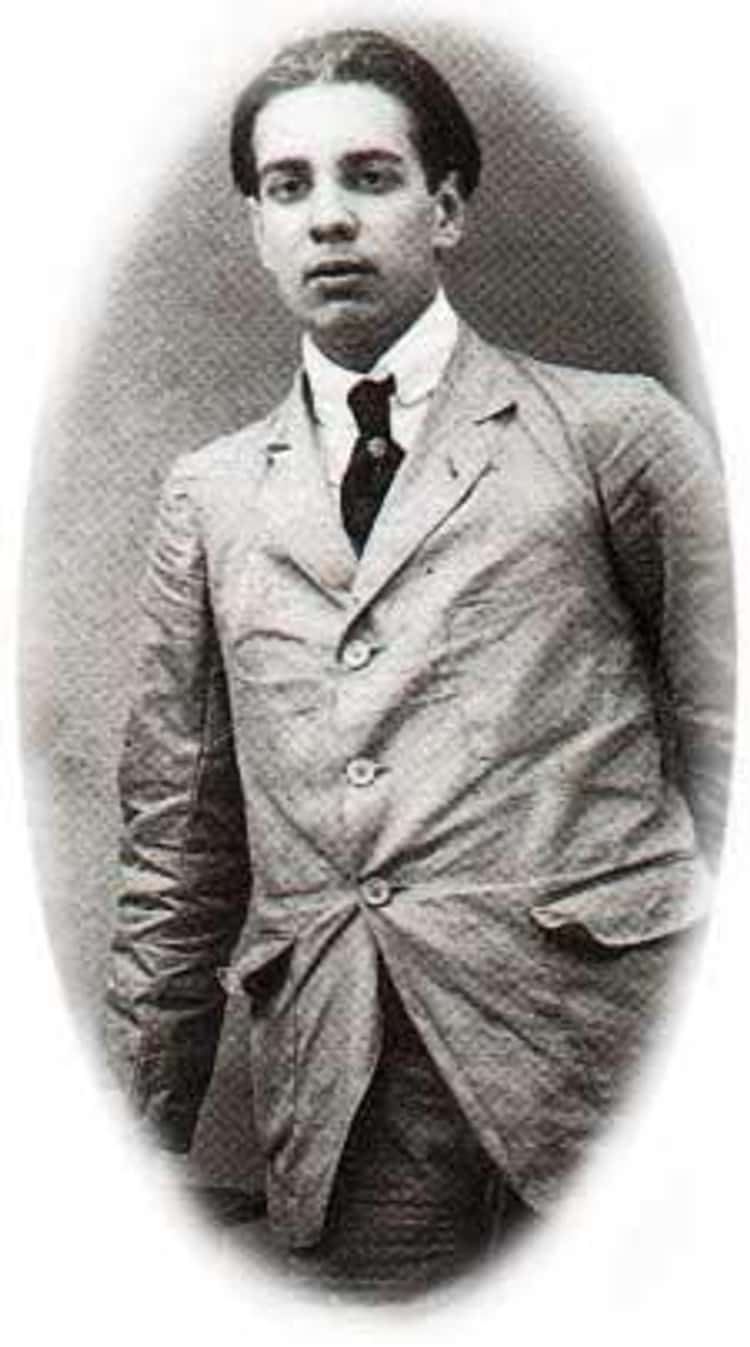 It's the first day of class and
though it is a tradition at SDSU (in some
classes and with some professors) to waste
the first day, we, intellectual
revolutionaries that we are, will opt to
move against said practice. Today
It's the first day of class and
though it is a tradition at SDSU (in some
classes and with some professors) to waste
the first day, we, intellectual
revolutionaries that we are, will opt to
move against said practice. Today 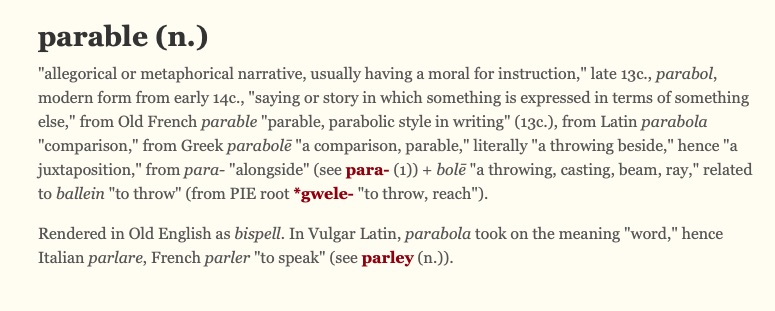
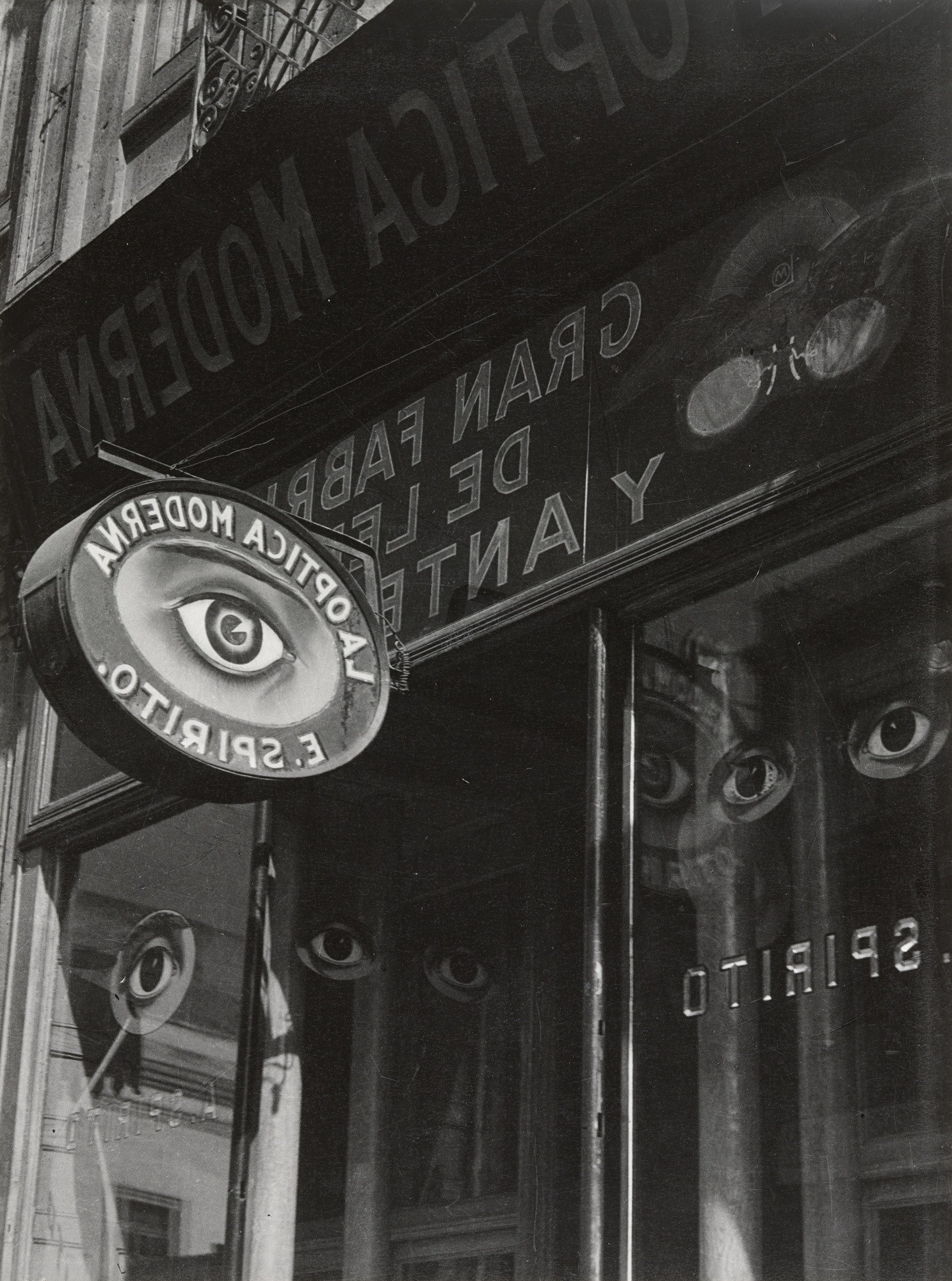
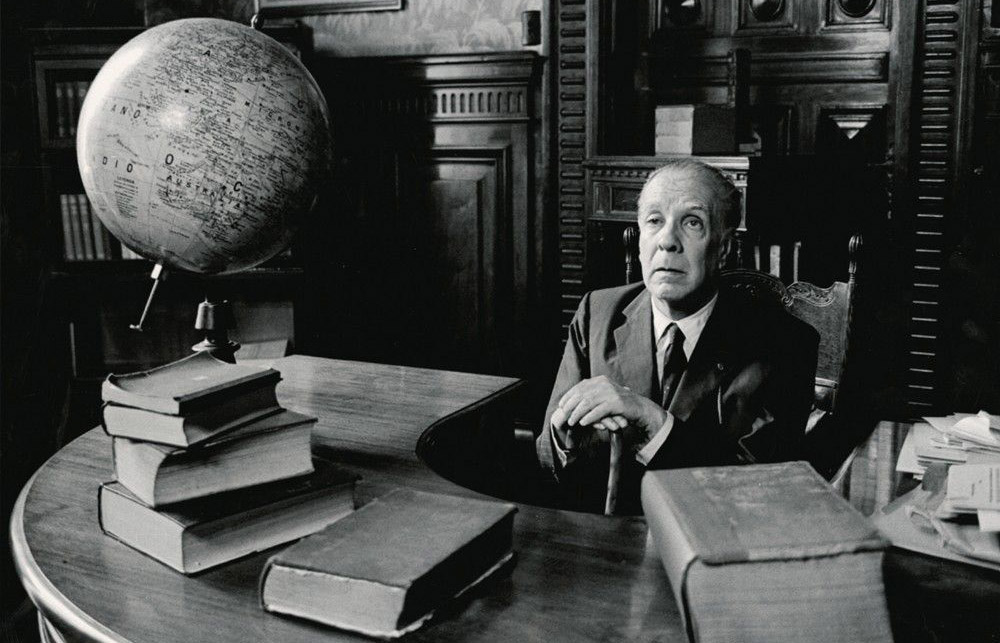
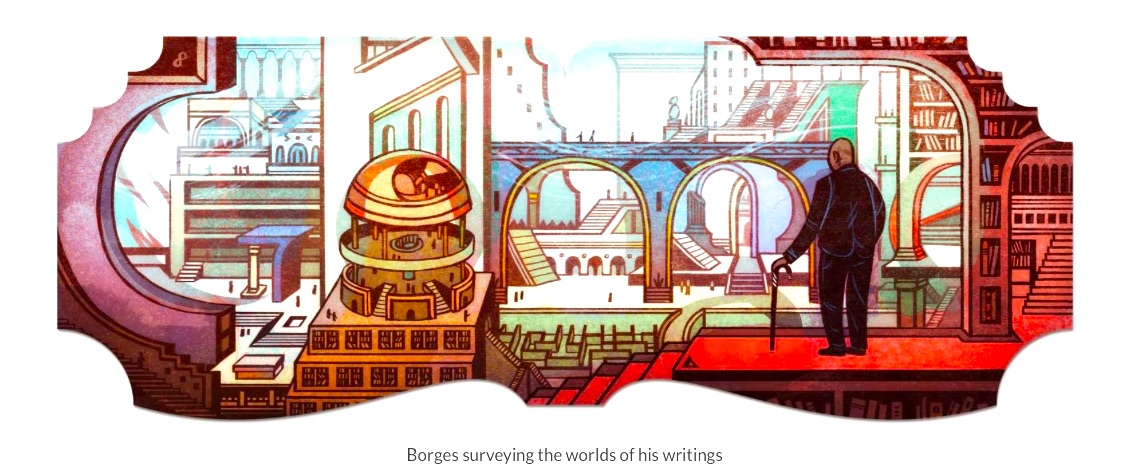
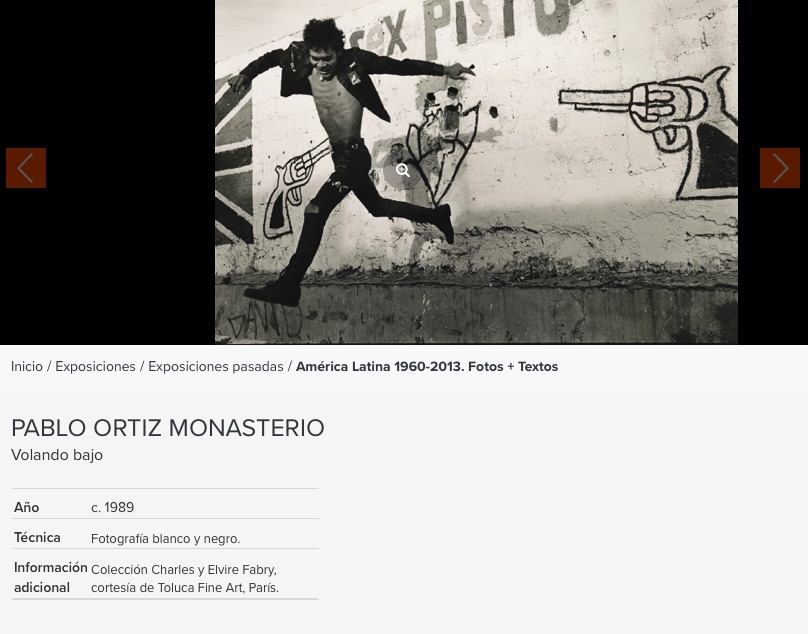
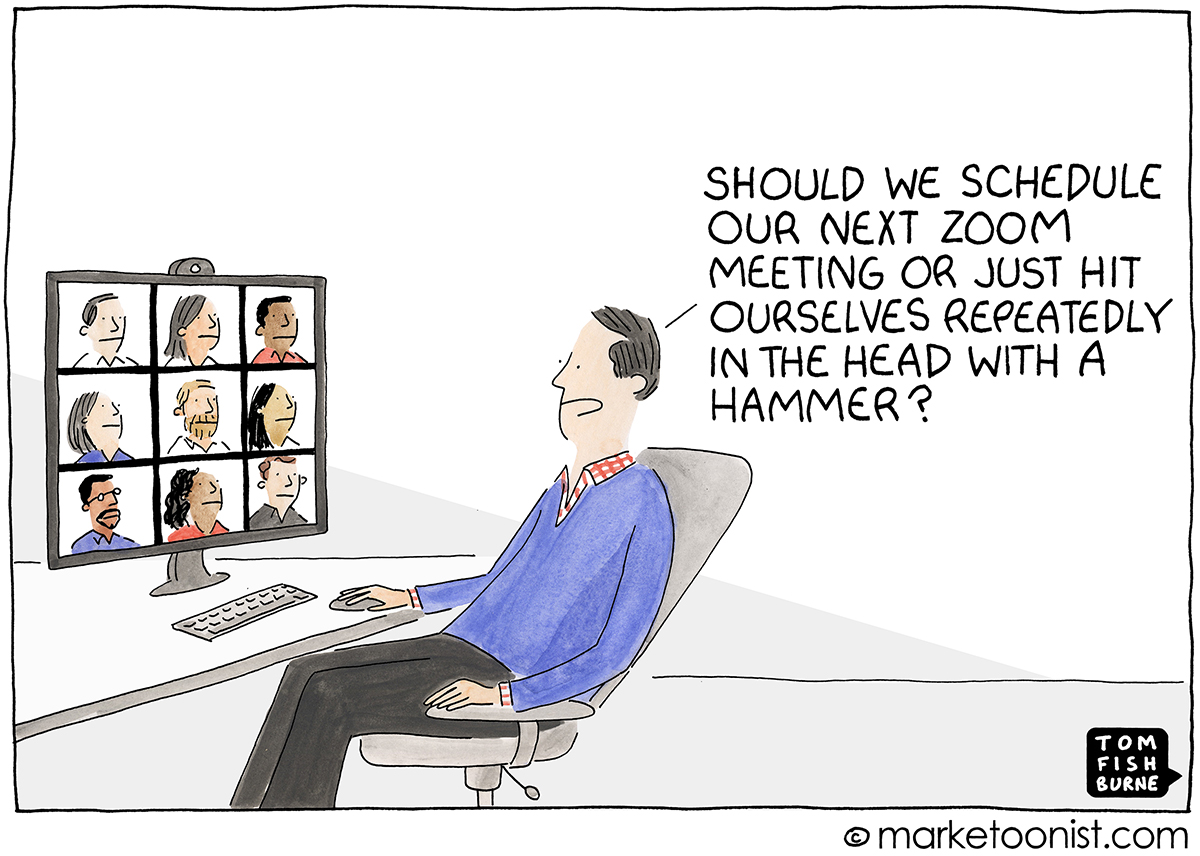
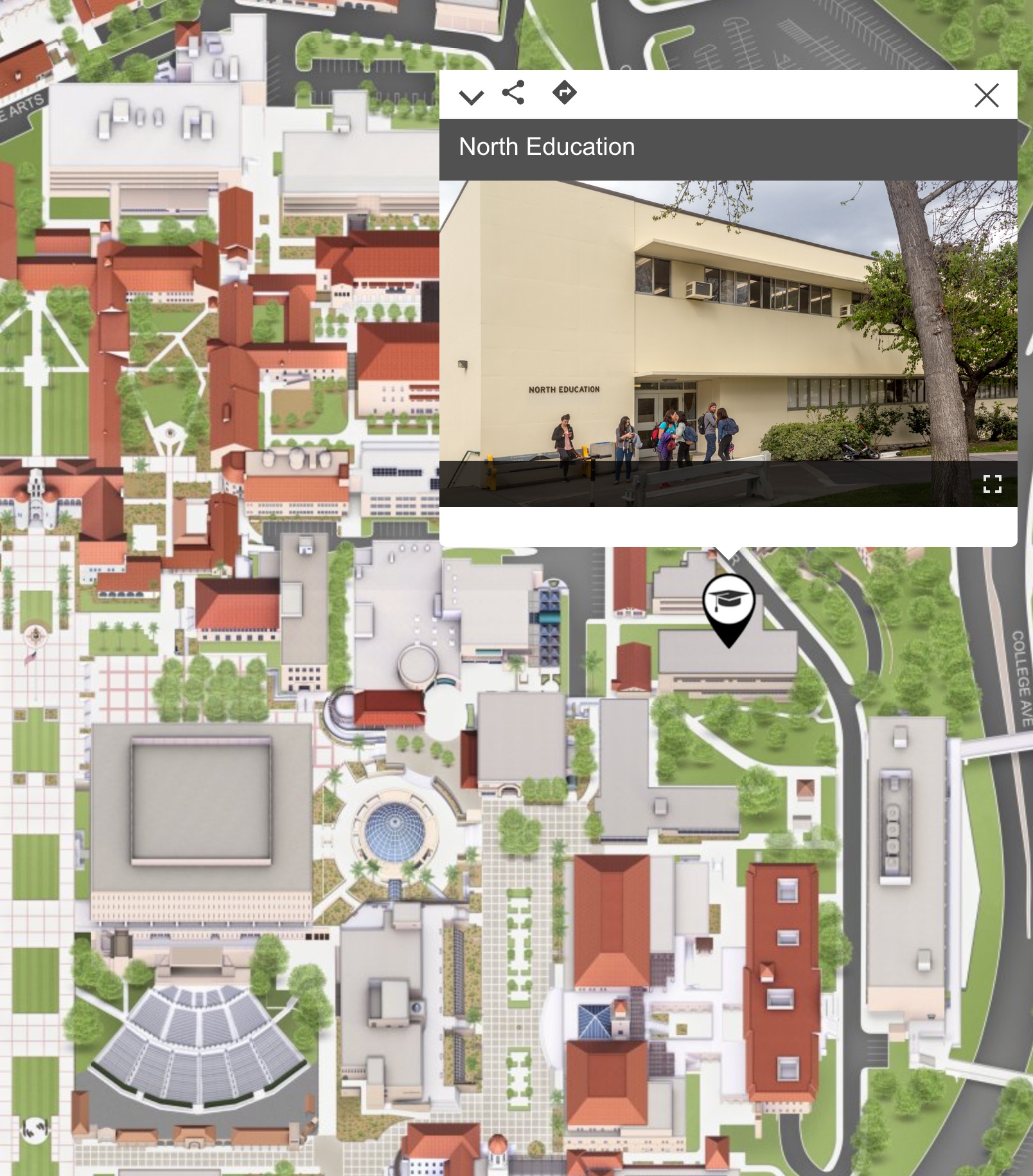


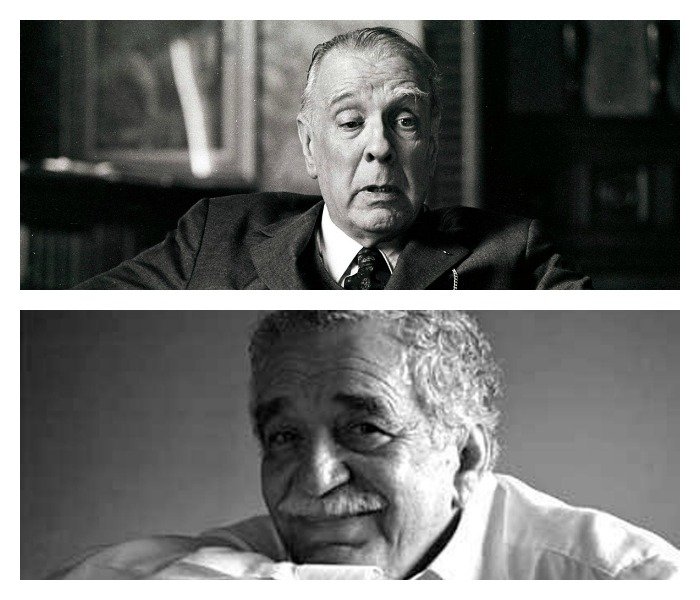
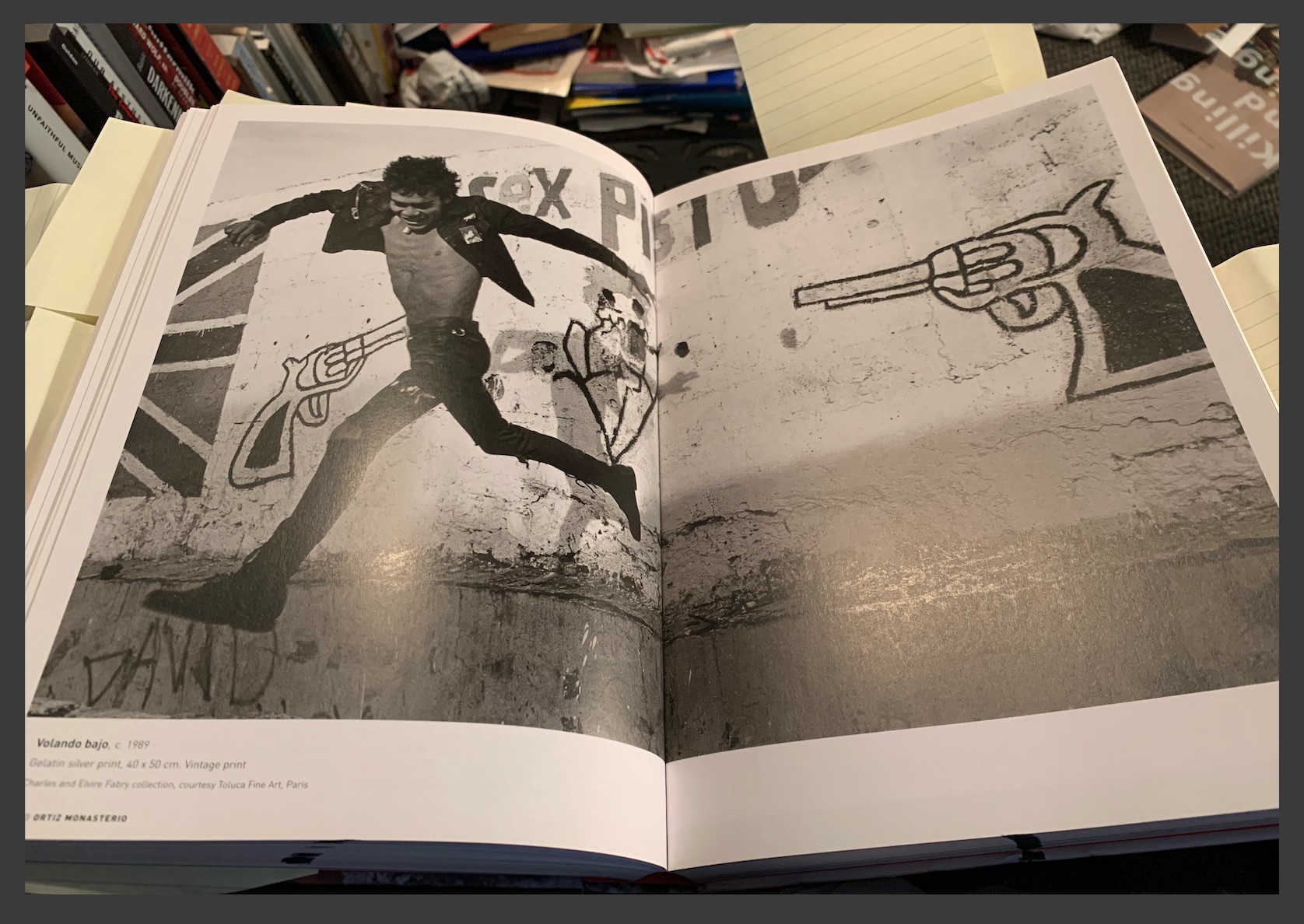

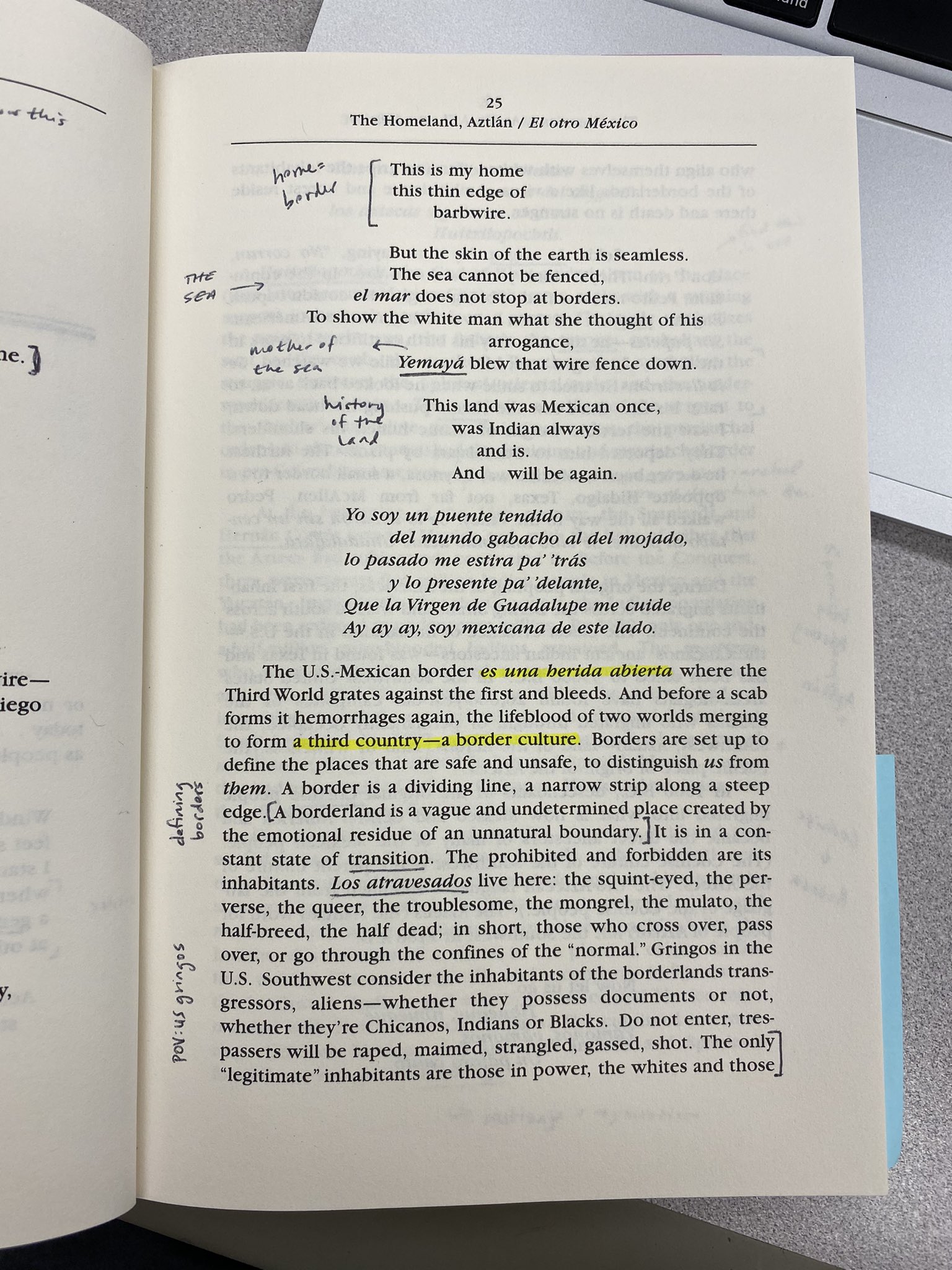

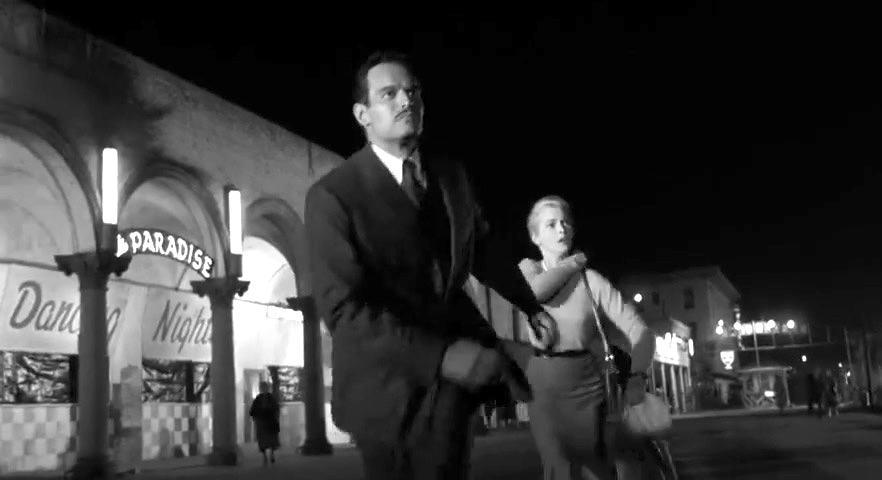

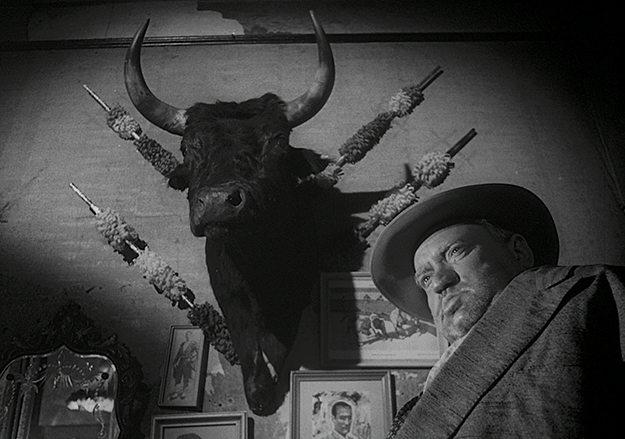
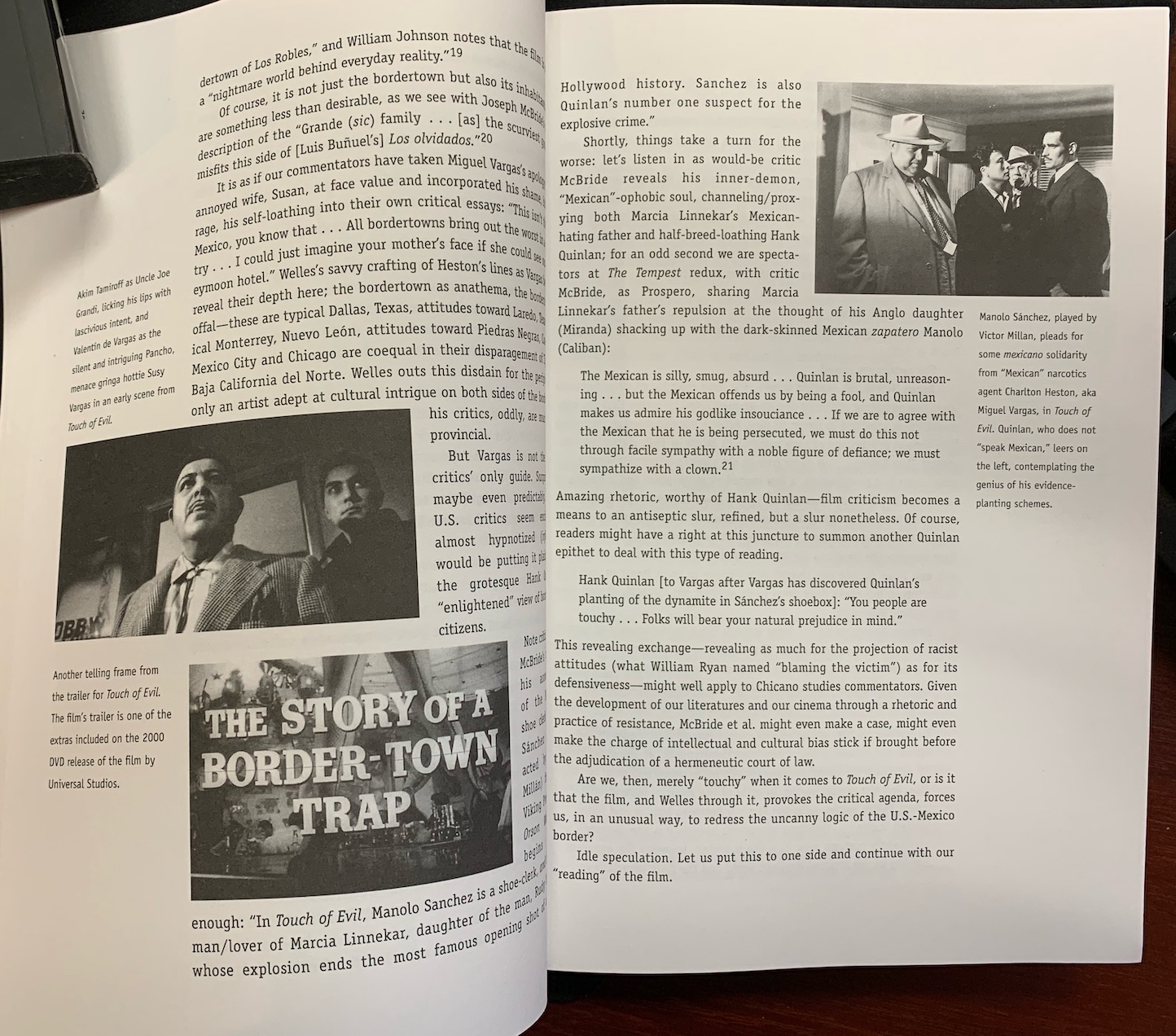
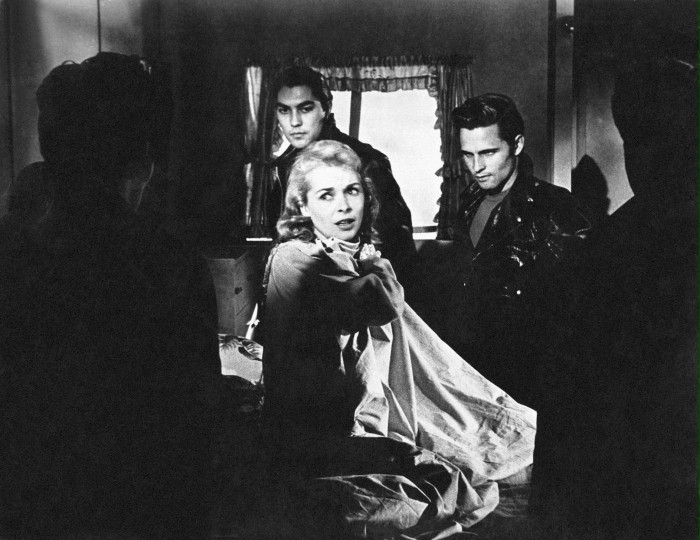
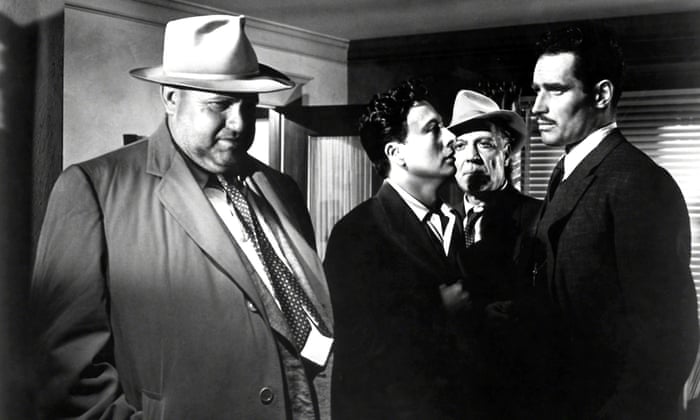



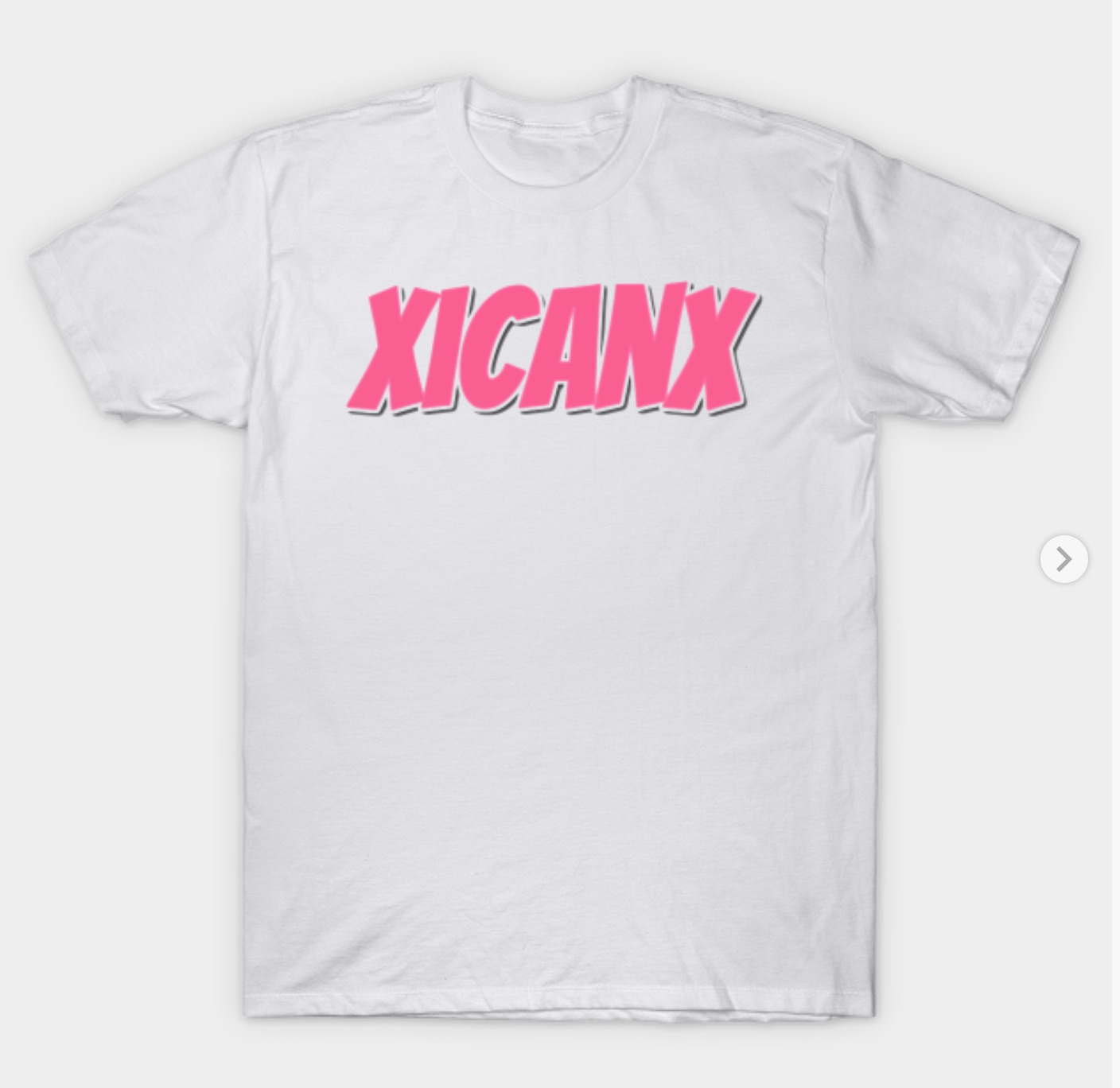 Apologies!
Once again I have to cancel class owing to a
scheduling glitch that finds me lecturing on
Chicanx Literature and culture at San Jose
State University--enjoy the break and catch
up on your readings from Tex[t]-Mex or get
ahead on the Junot Diaz readings for
Thursday!
Apologies!
Once again I have to cancel class owing to a
scheduling glitch that finds me lecturing on
Chicanx Literature and culture at San Jose
State University--enjoy the break and catch
up on your readings from Tex[t]-Mex or get
ahead on the Junot Diaz readings for
Thursday!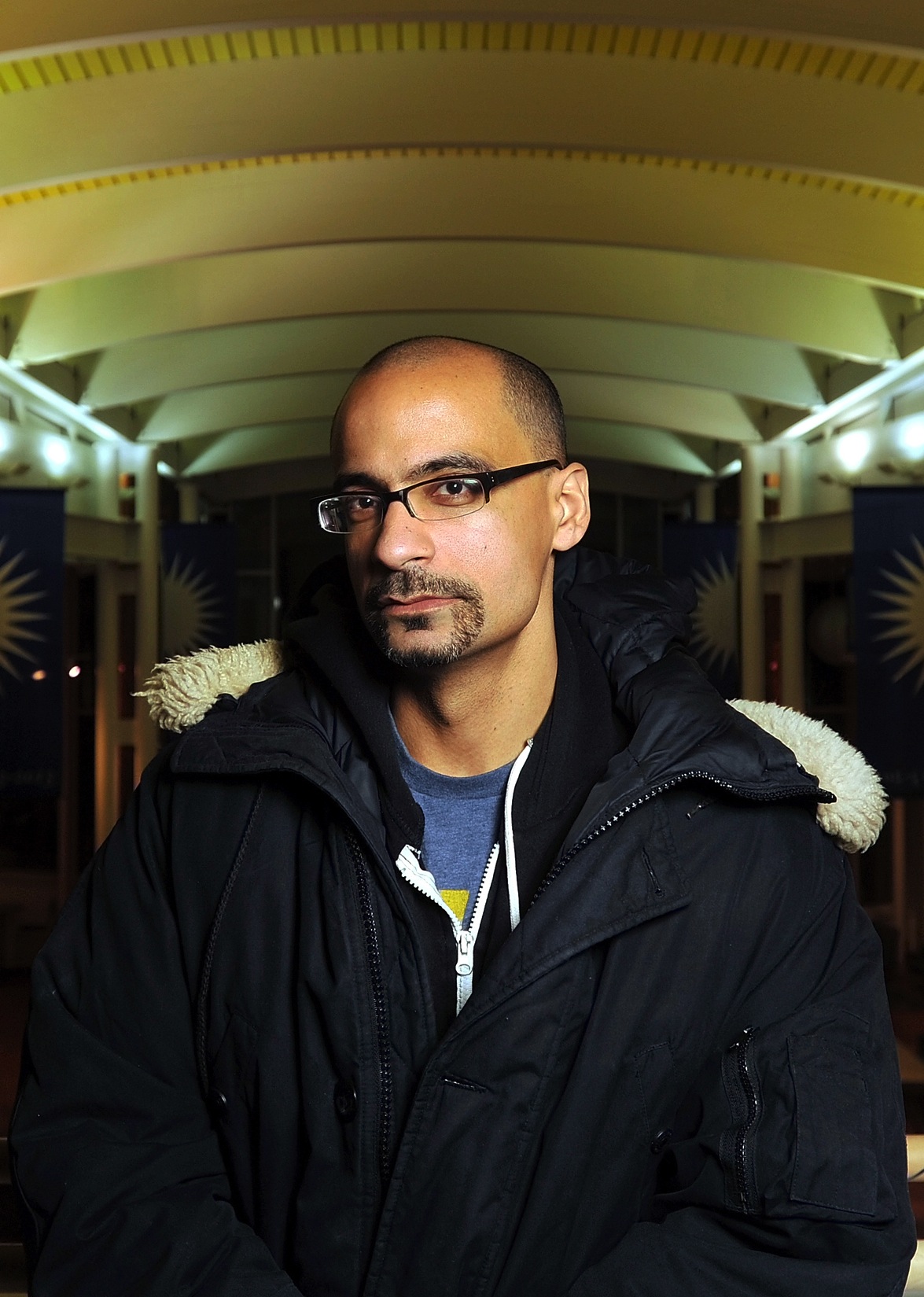

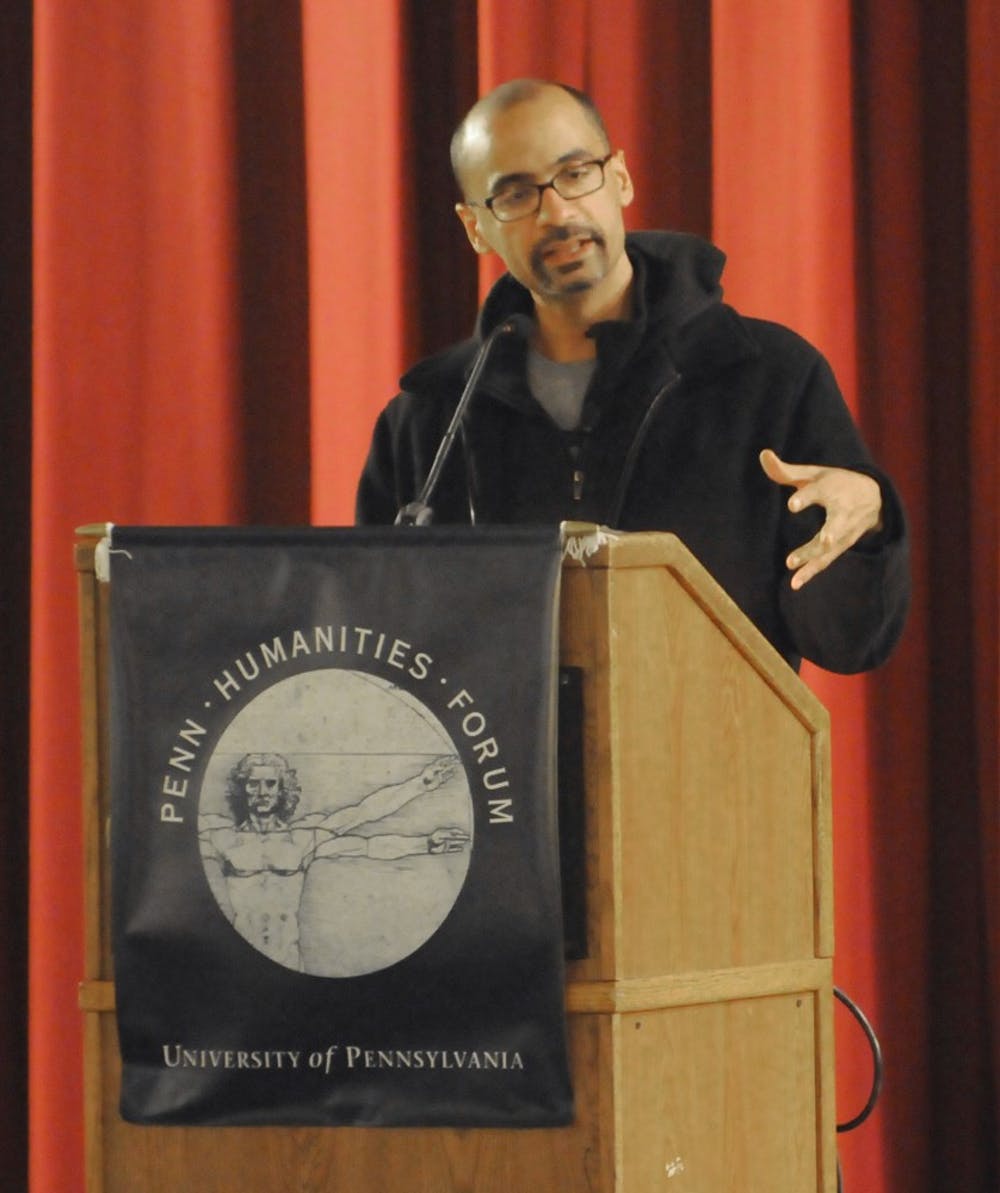

 One last
thing--today a LINK will go live to your
One last
thing--today a LINK will go live to your 
